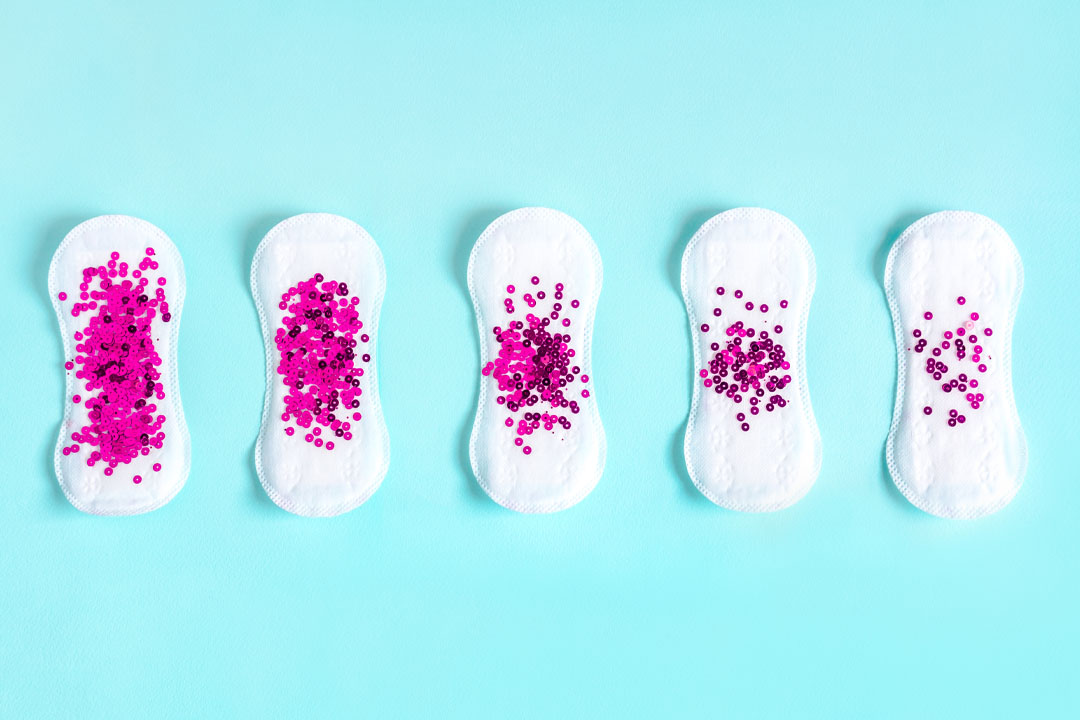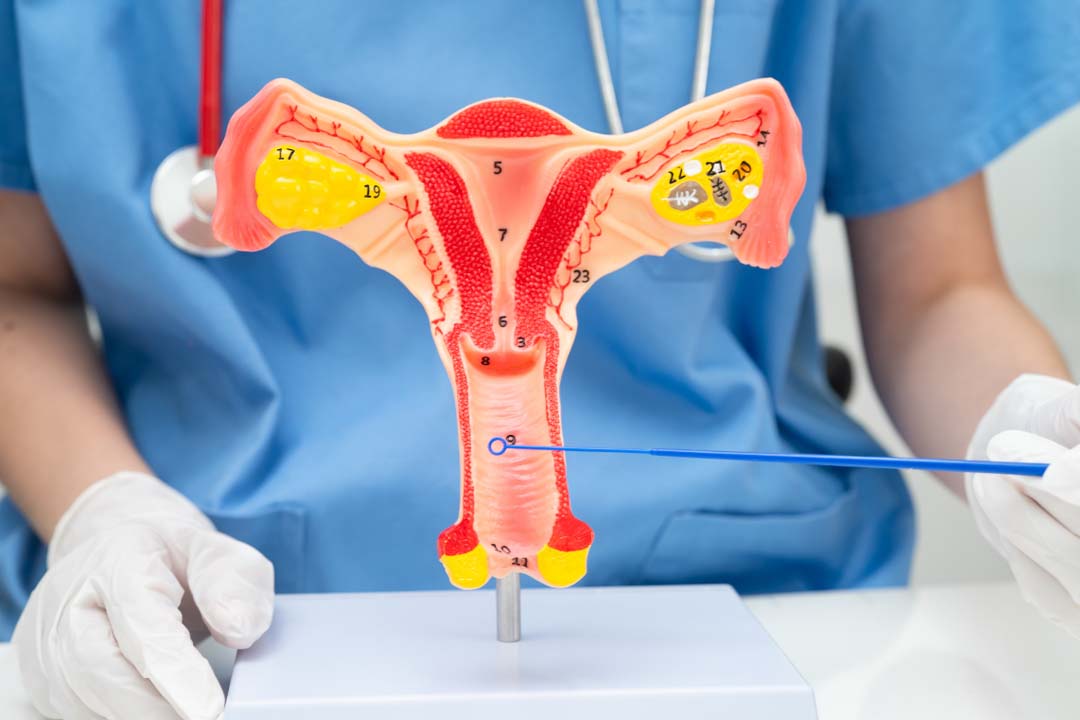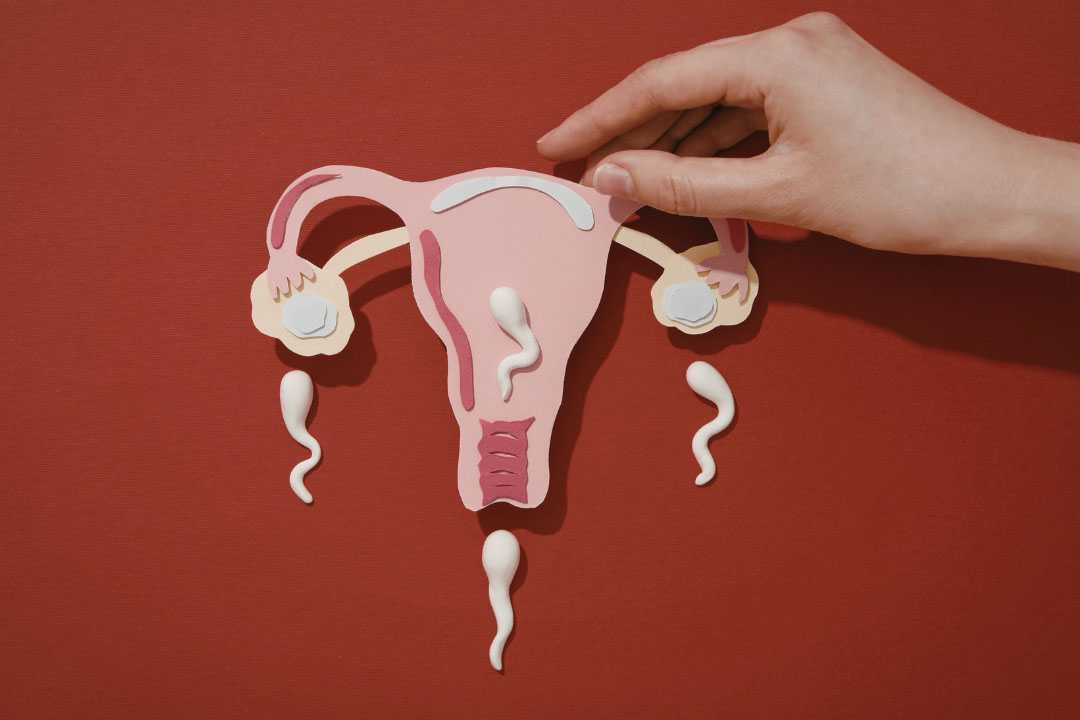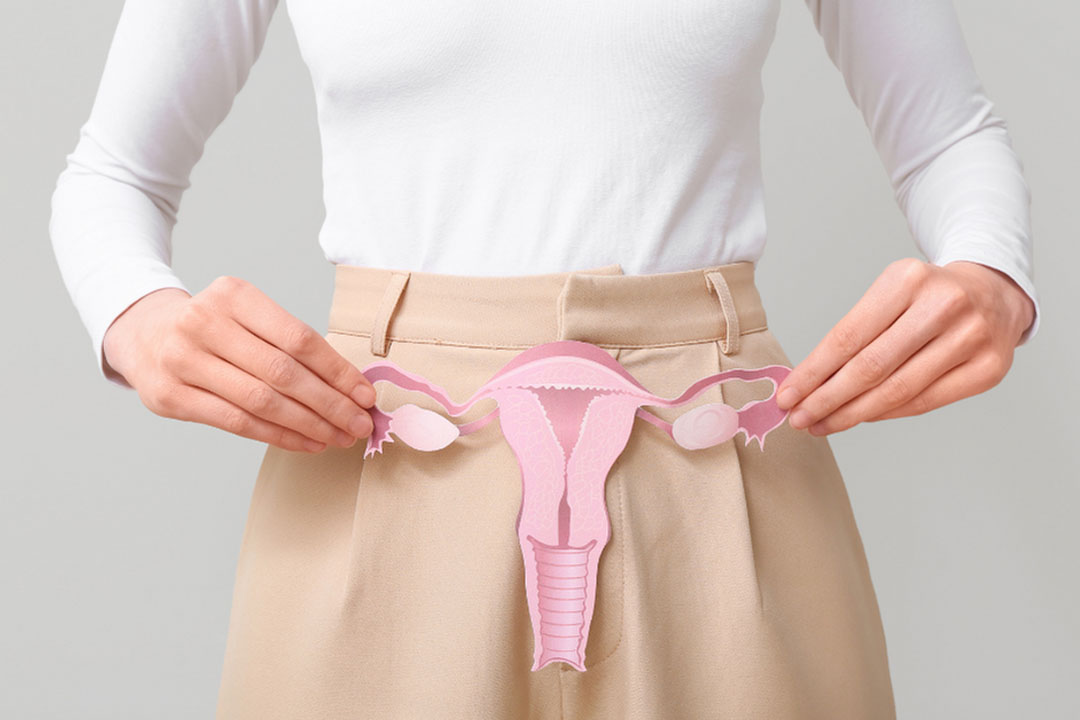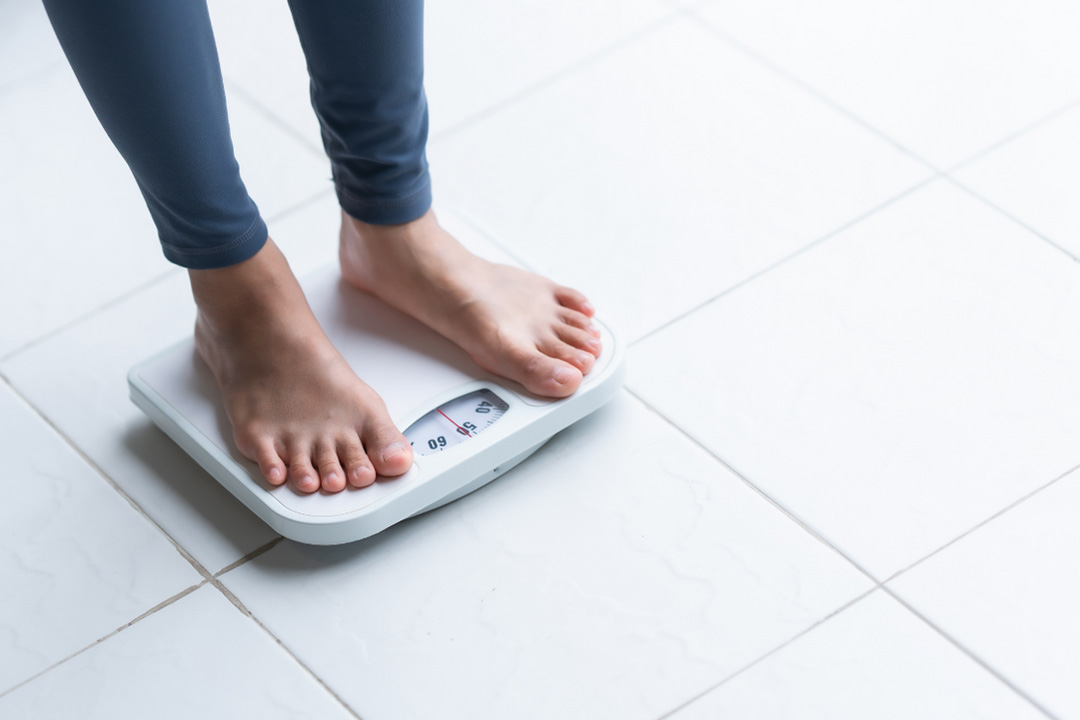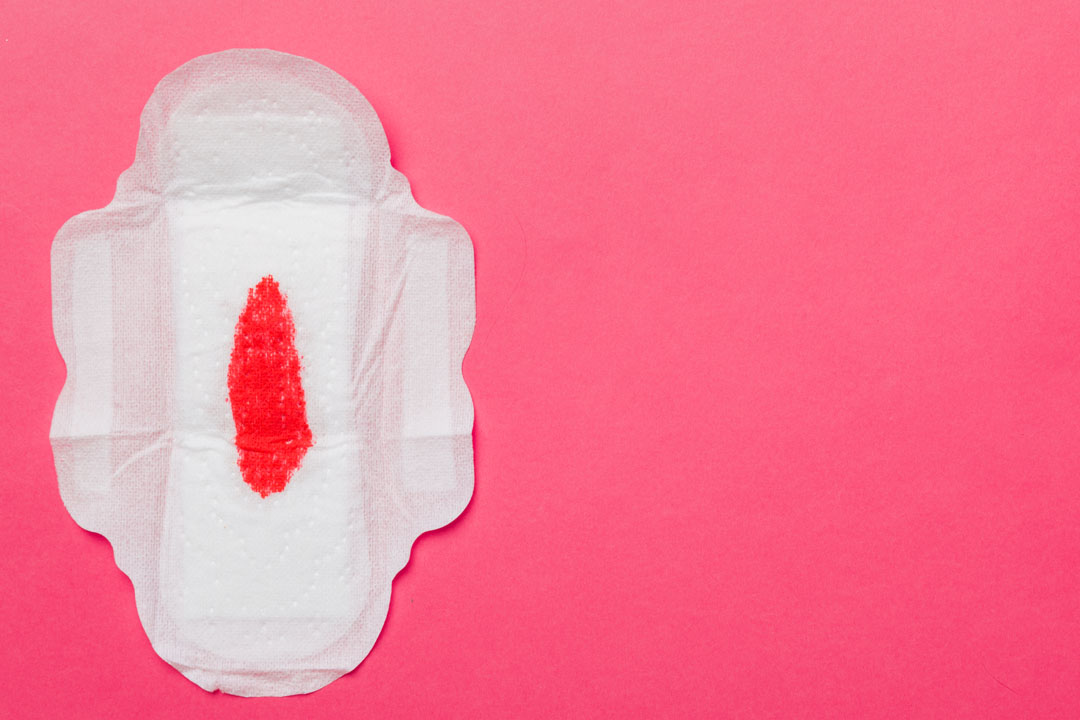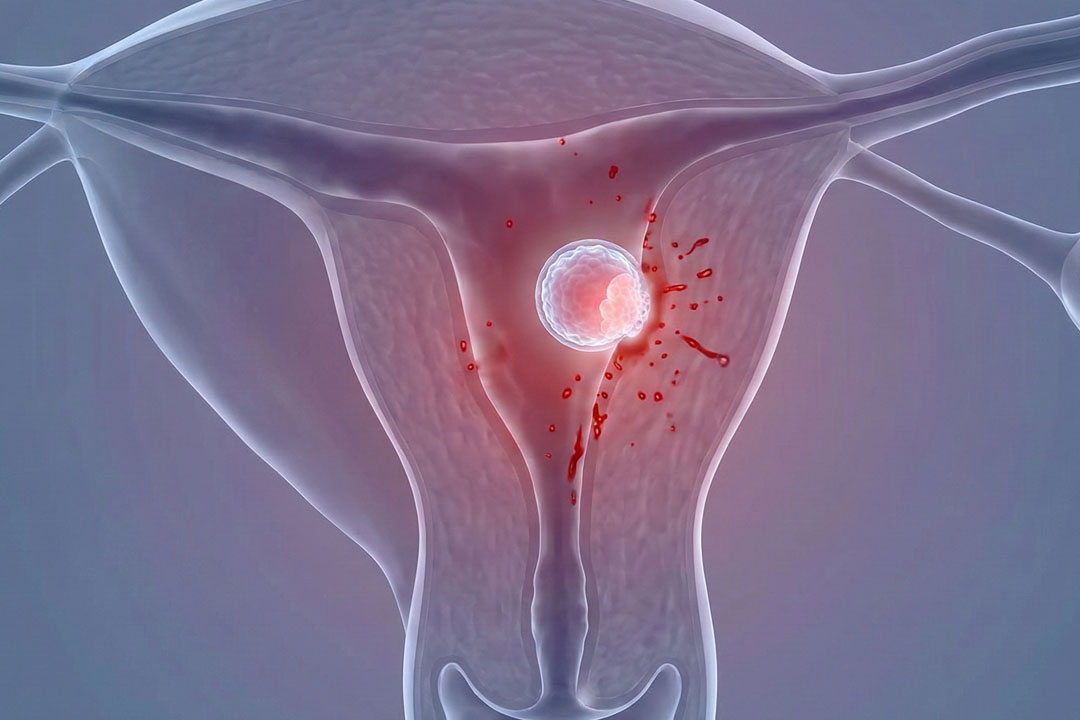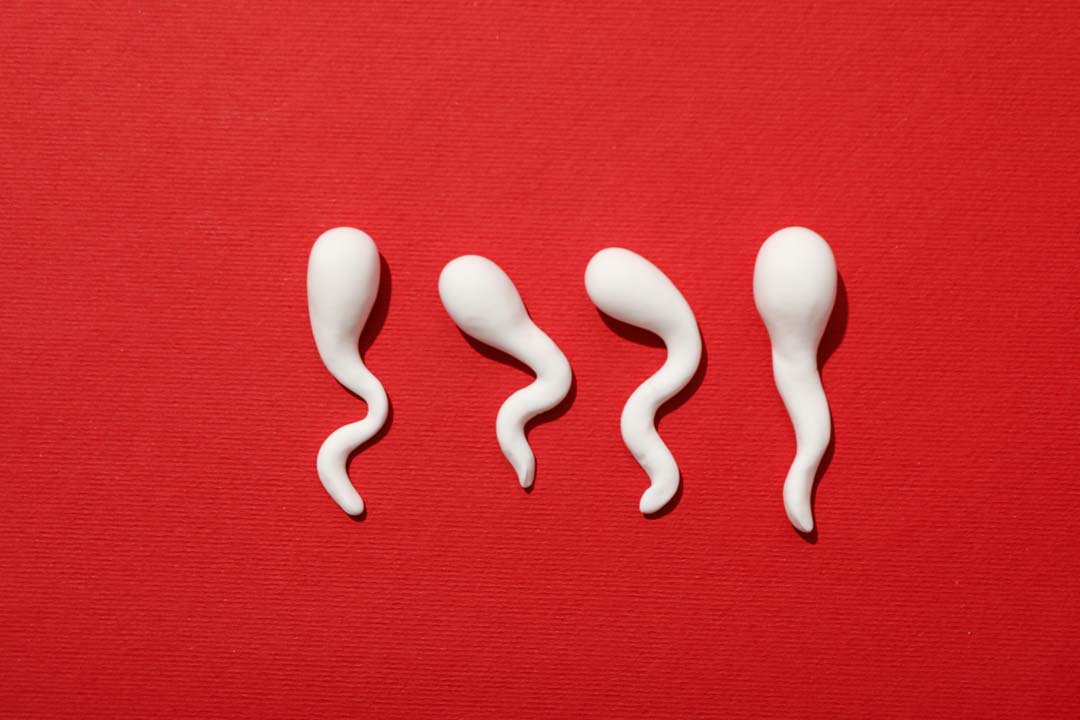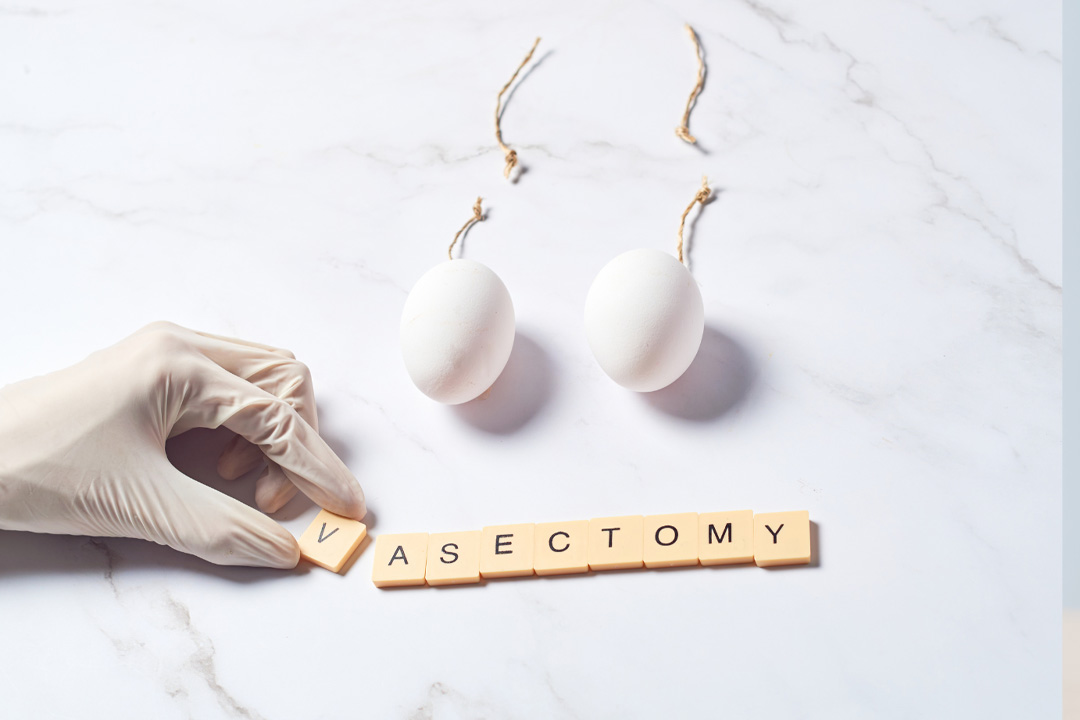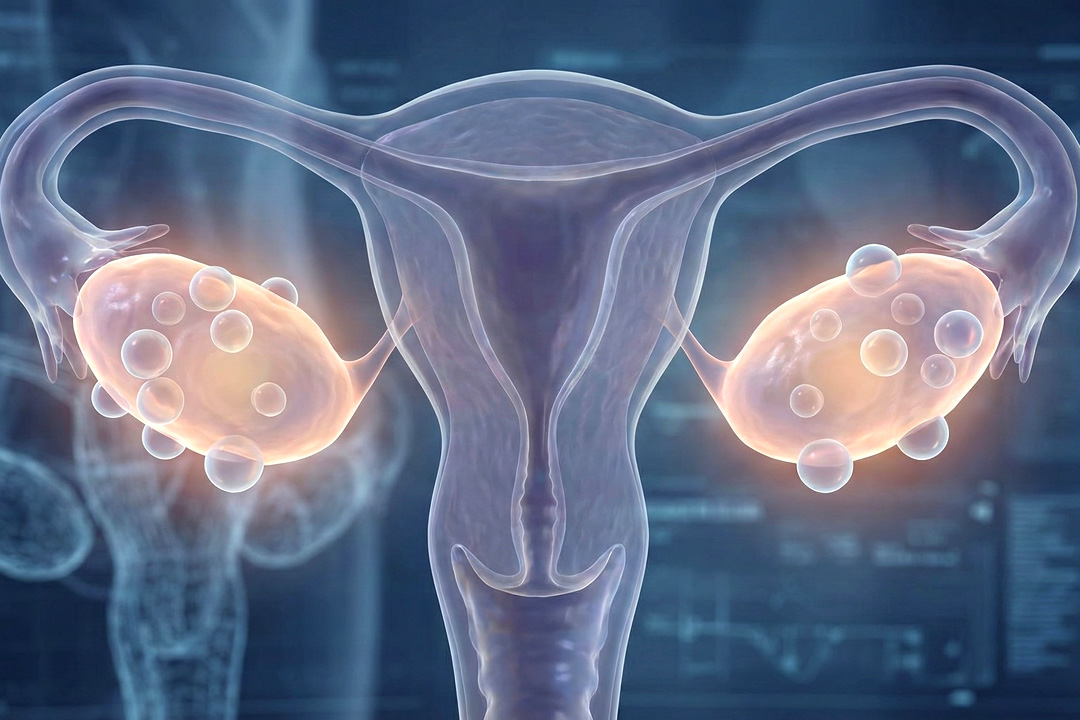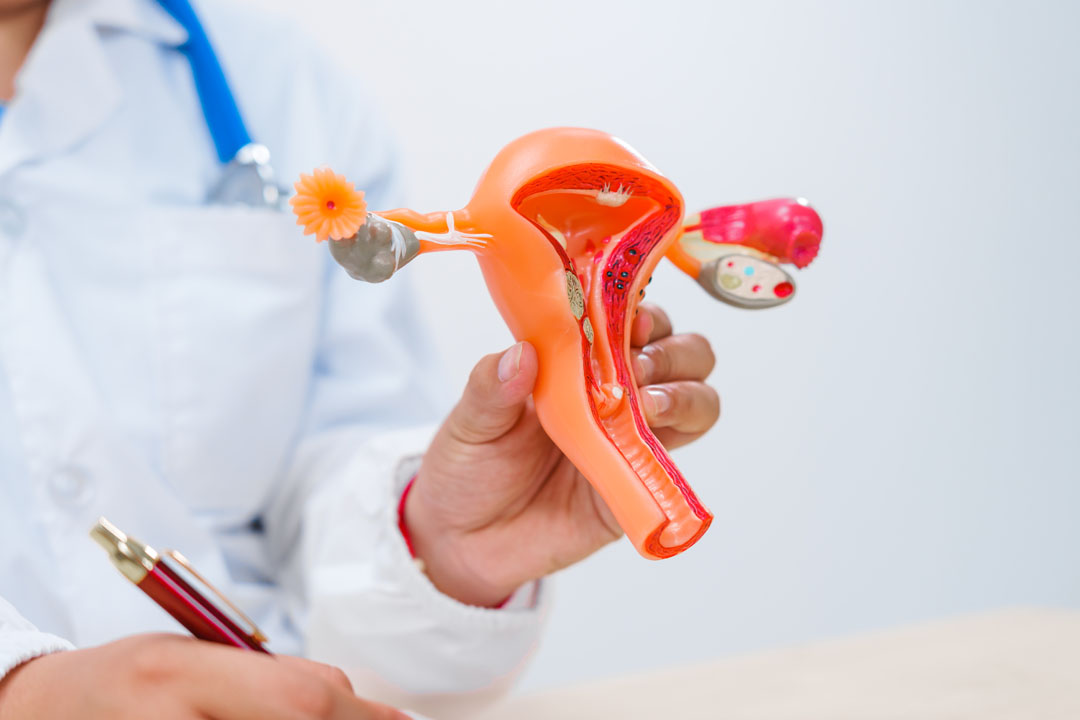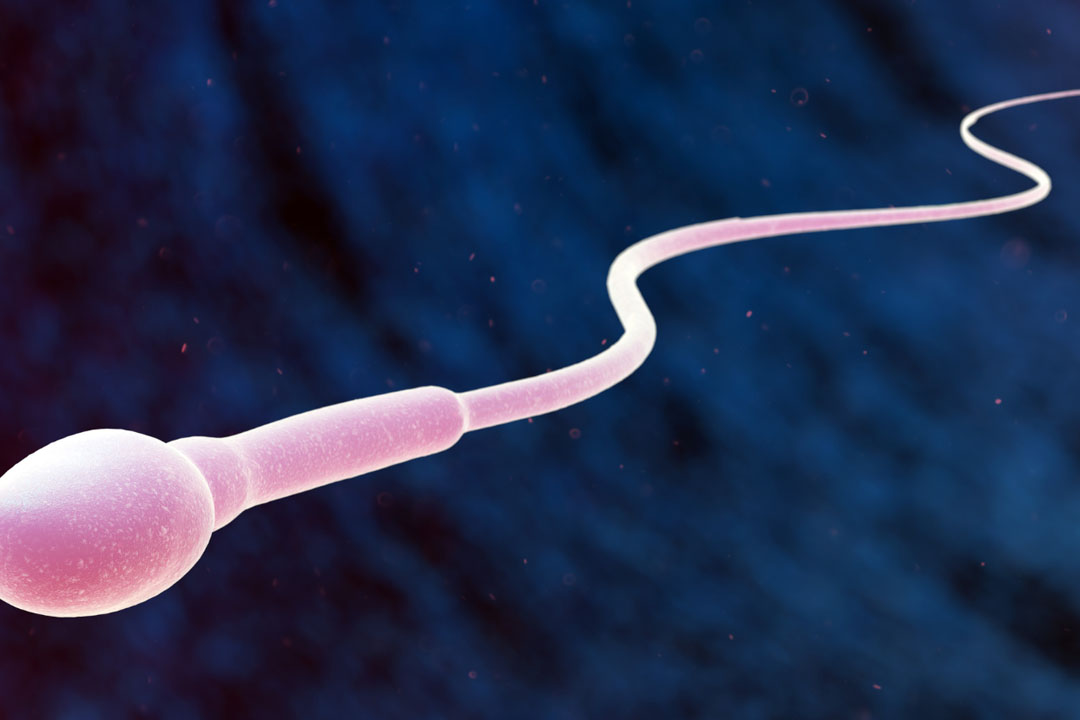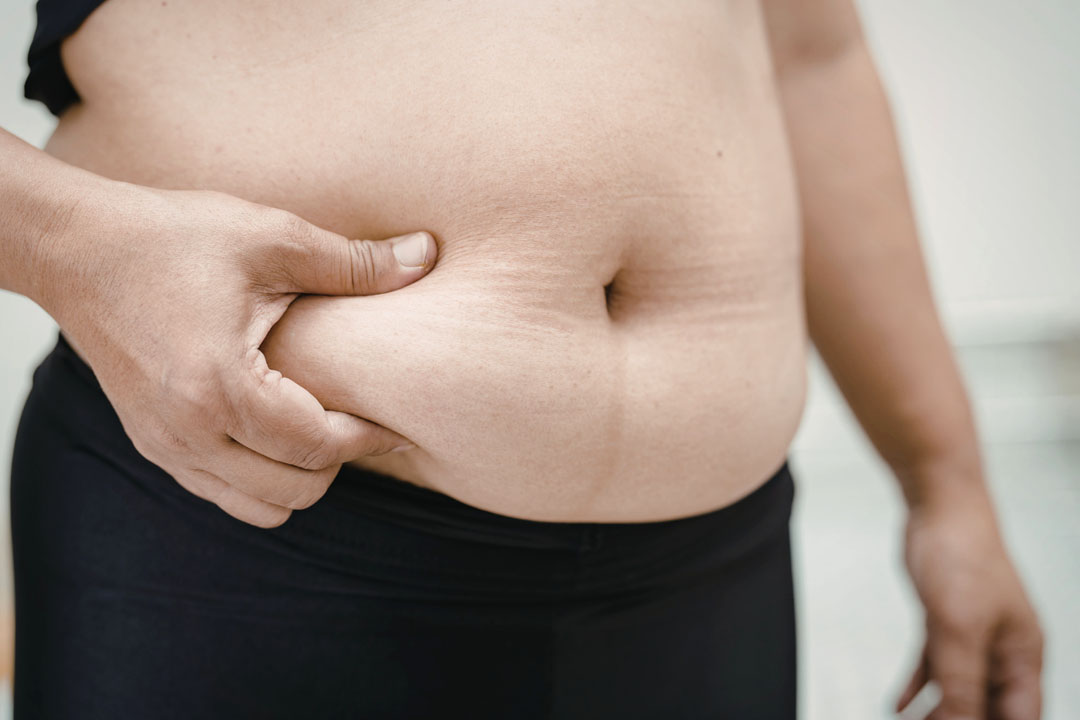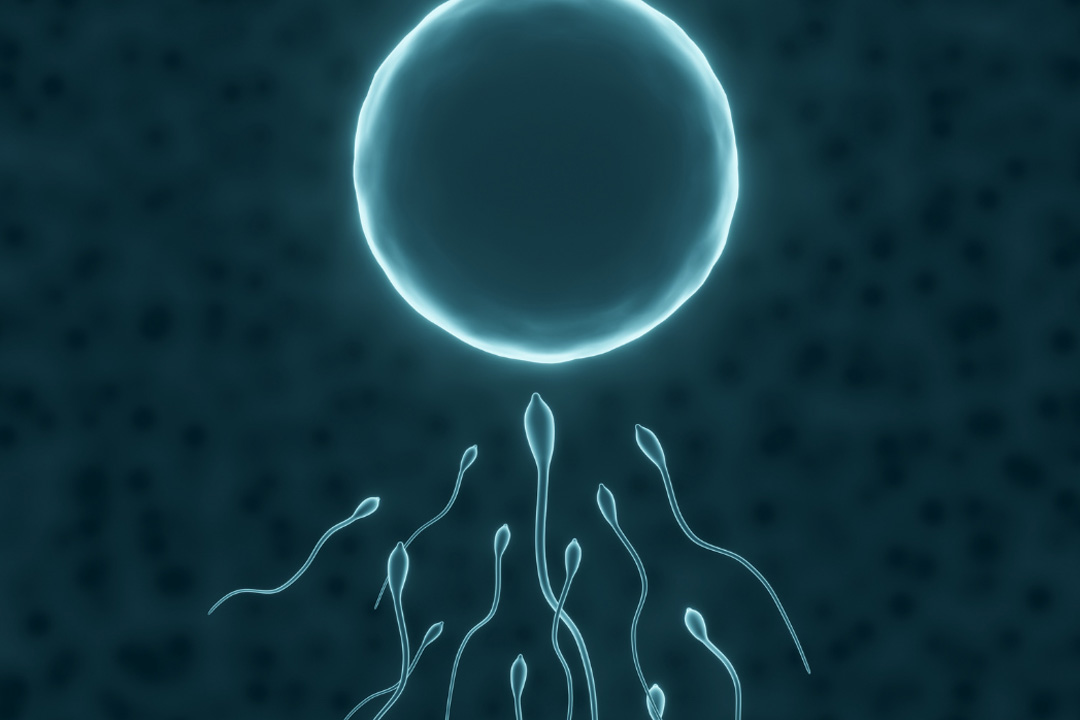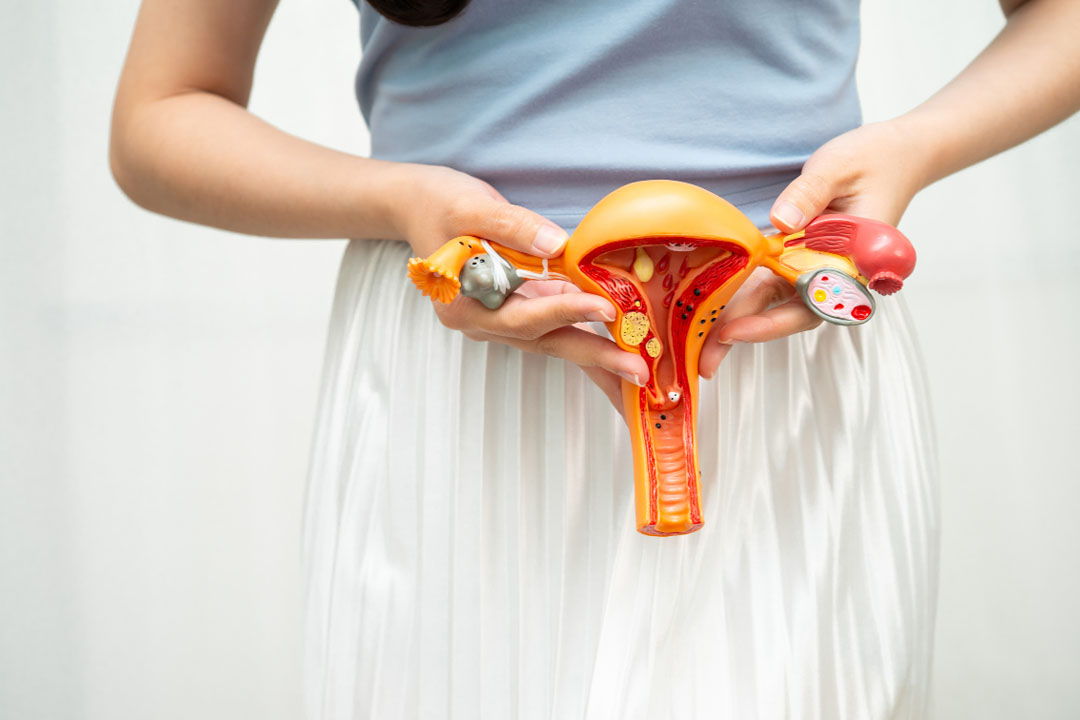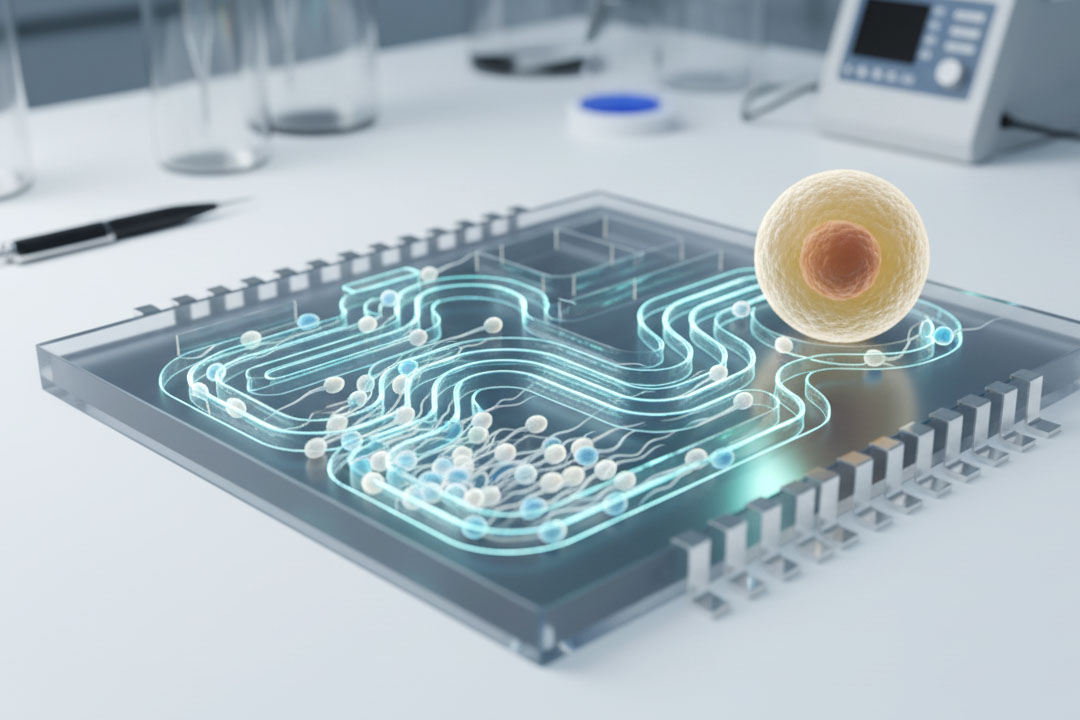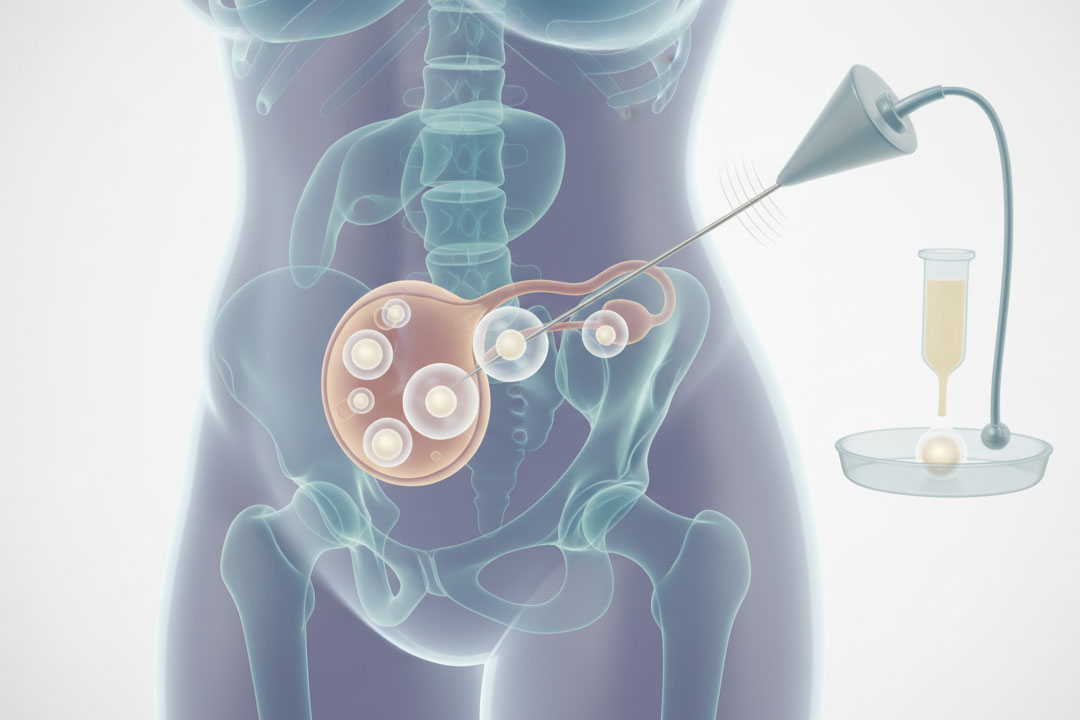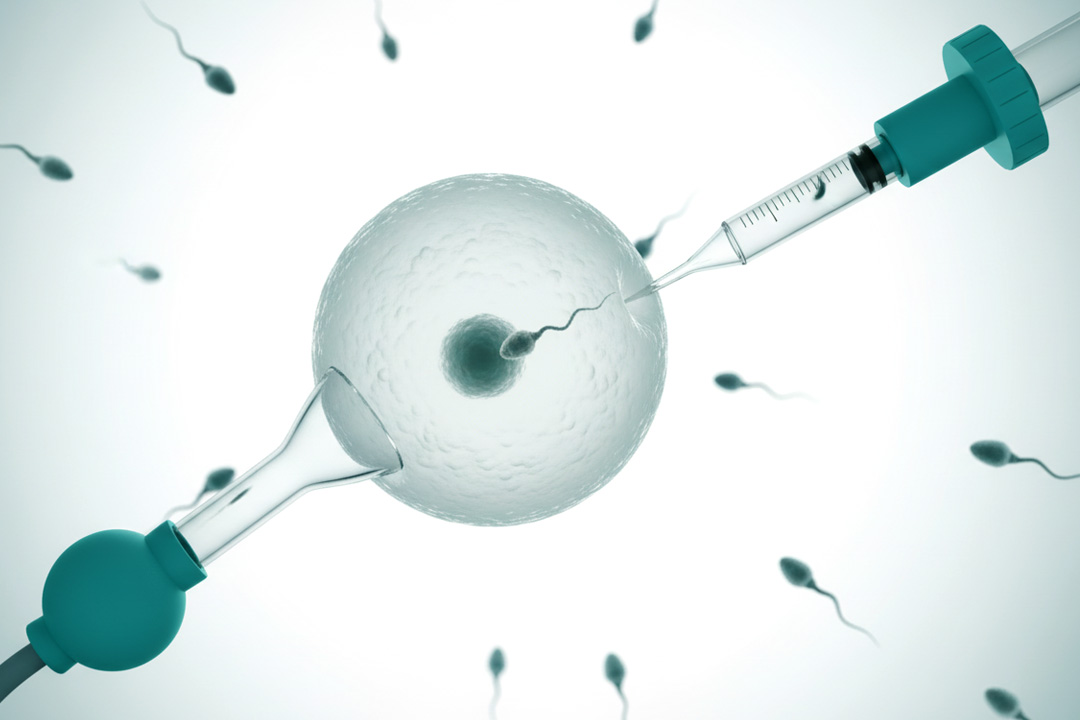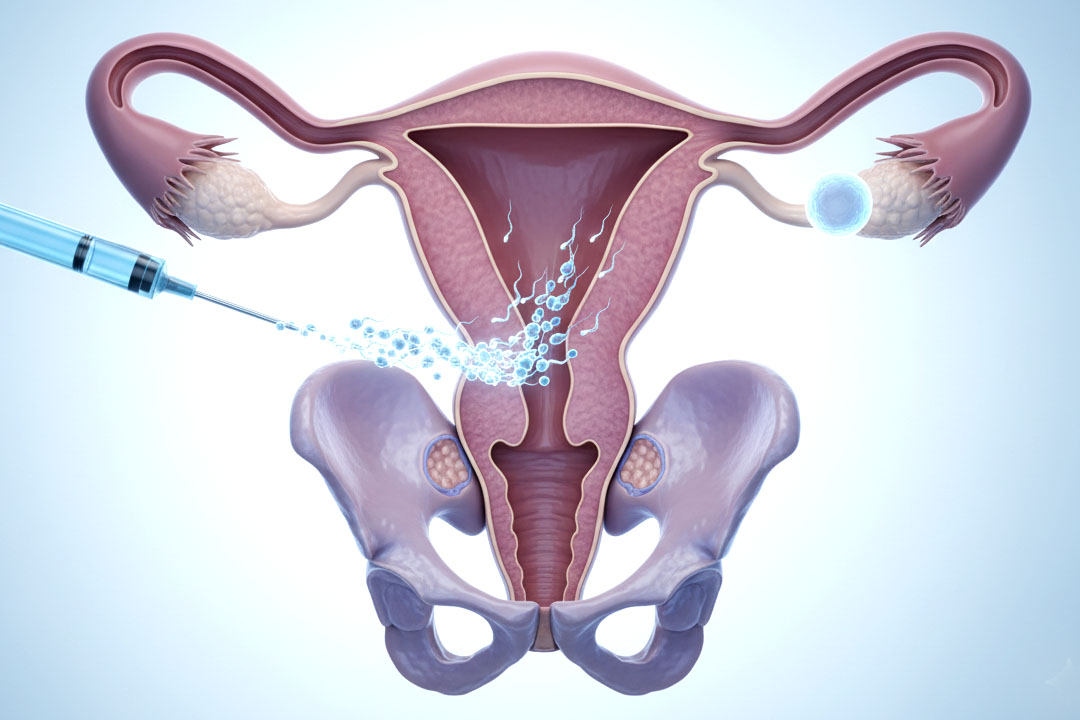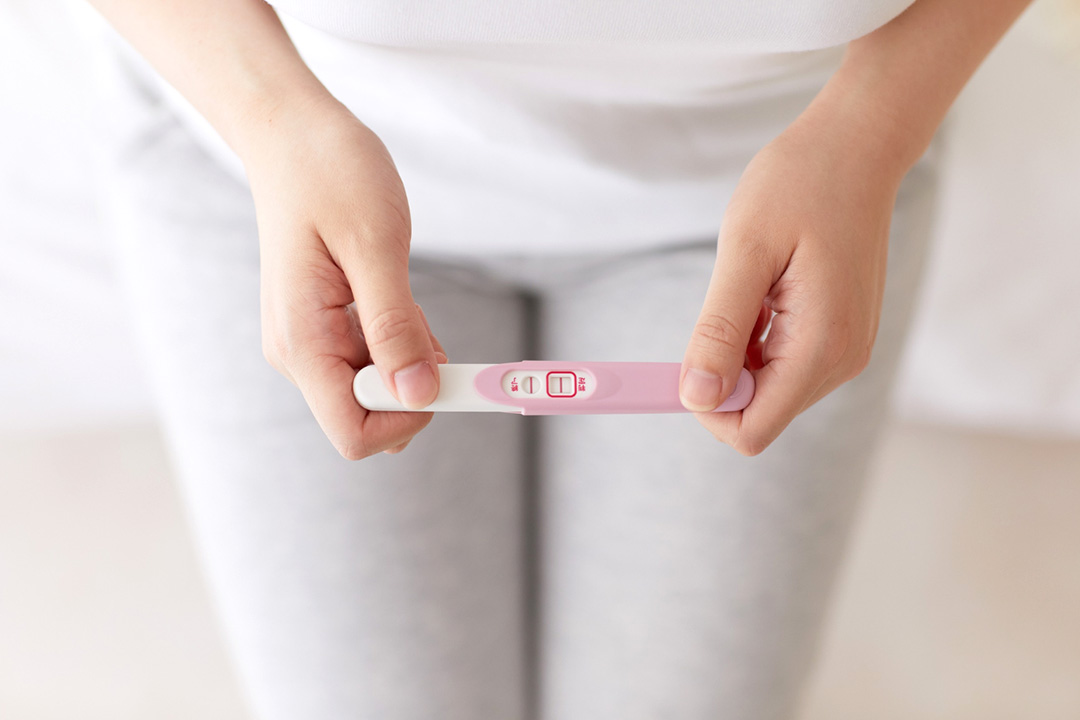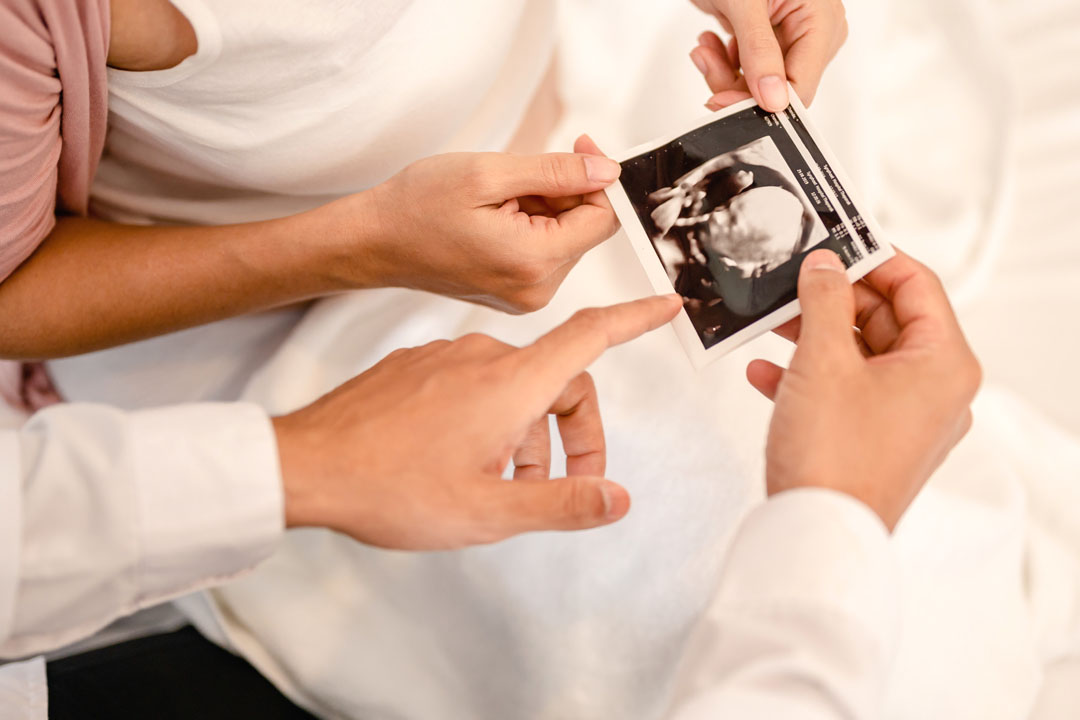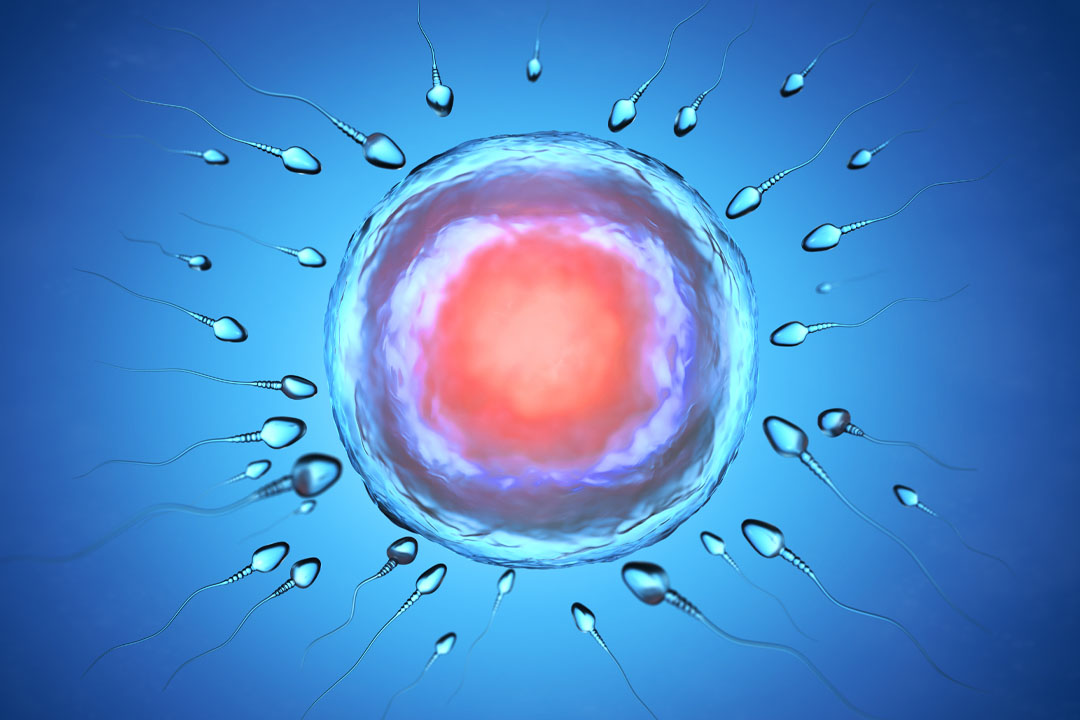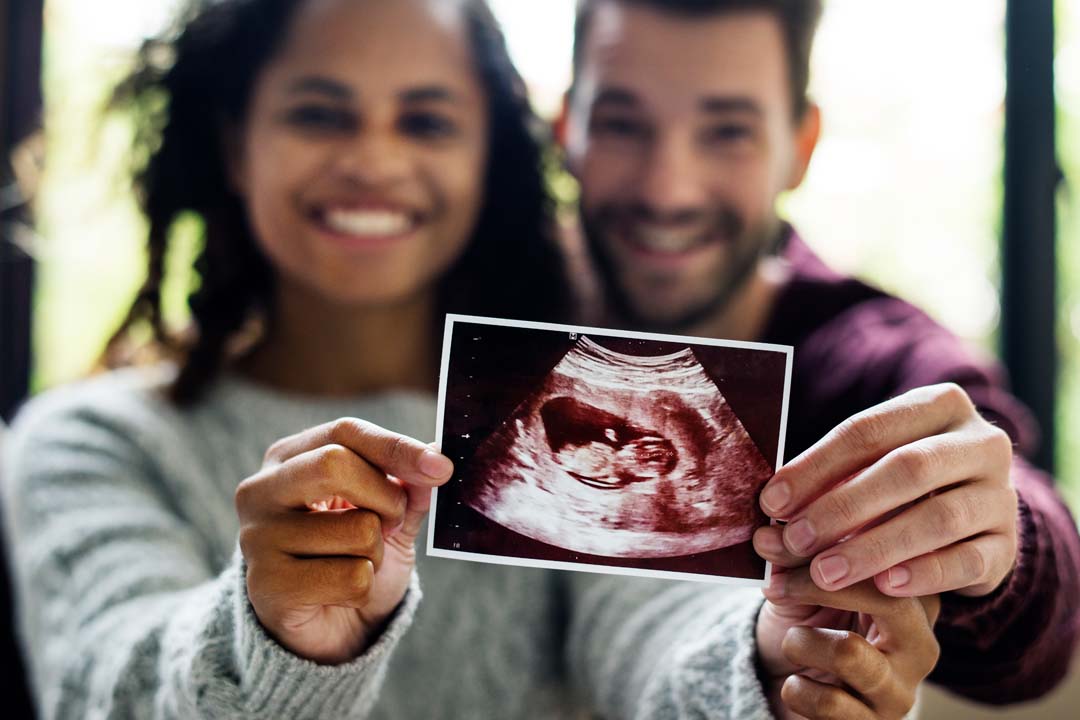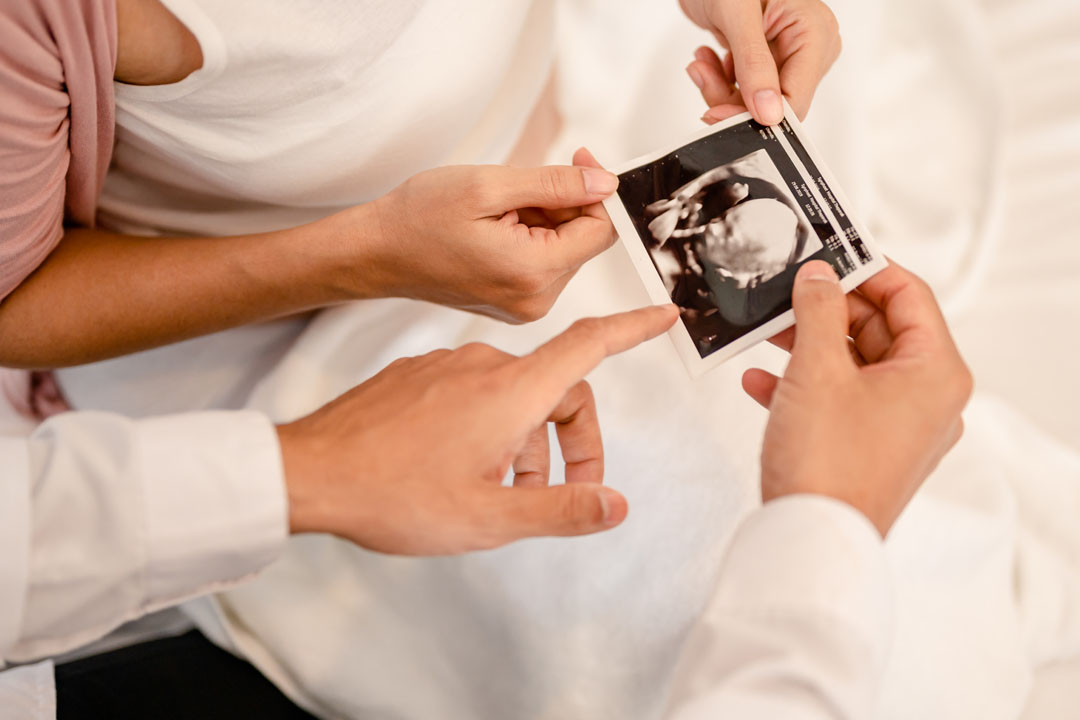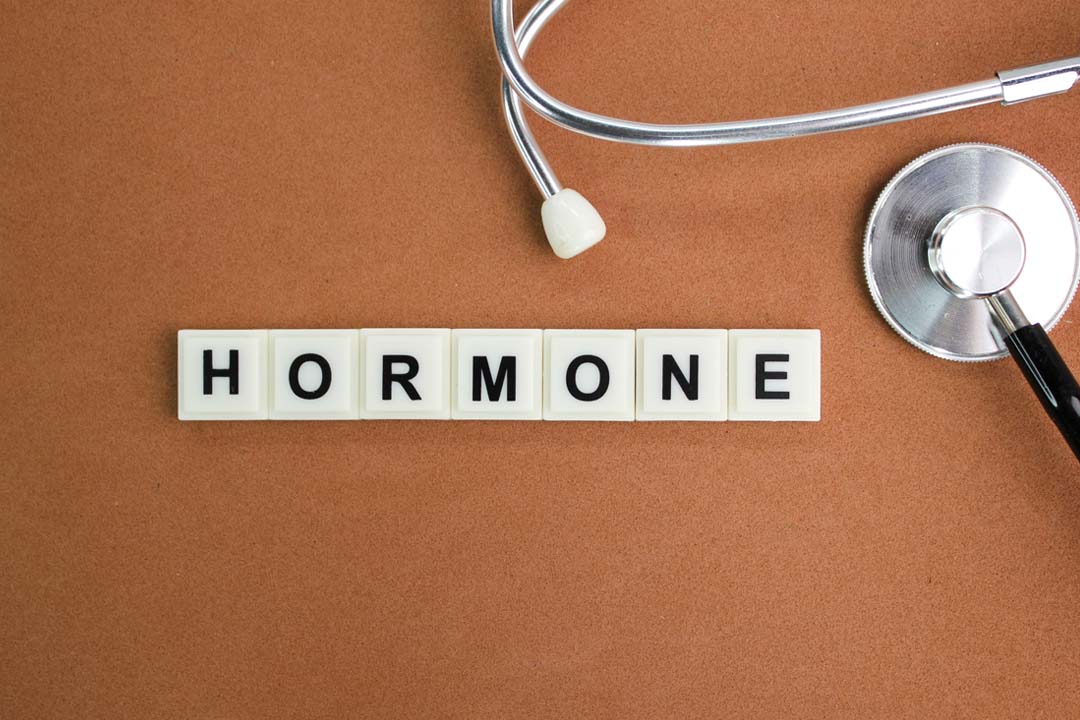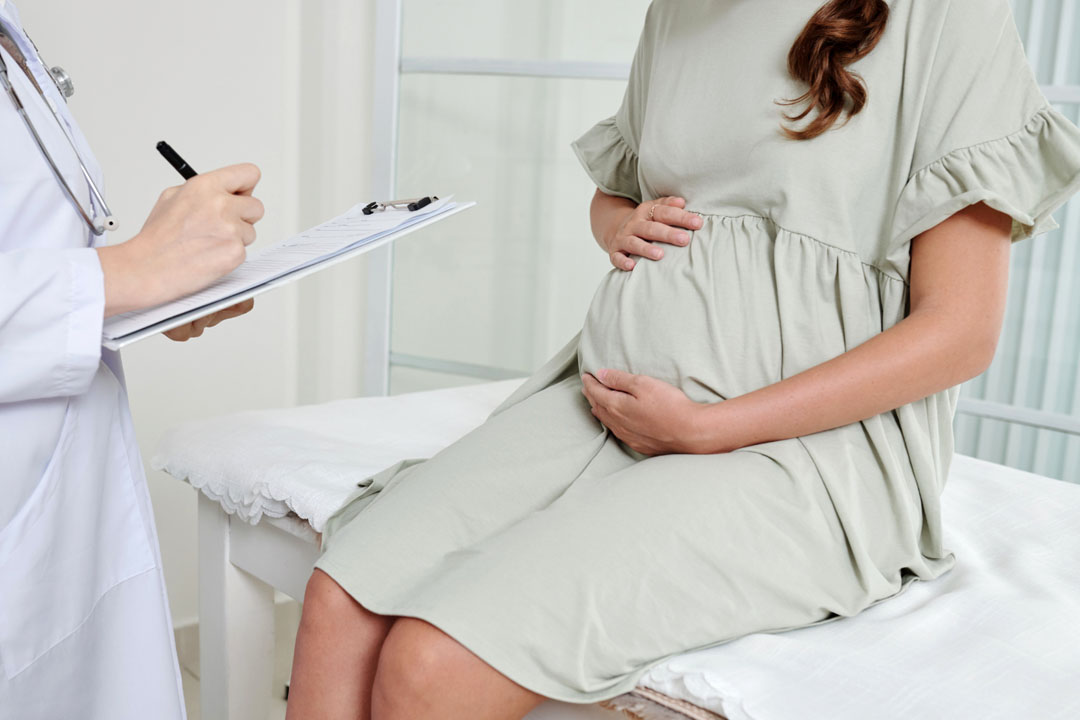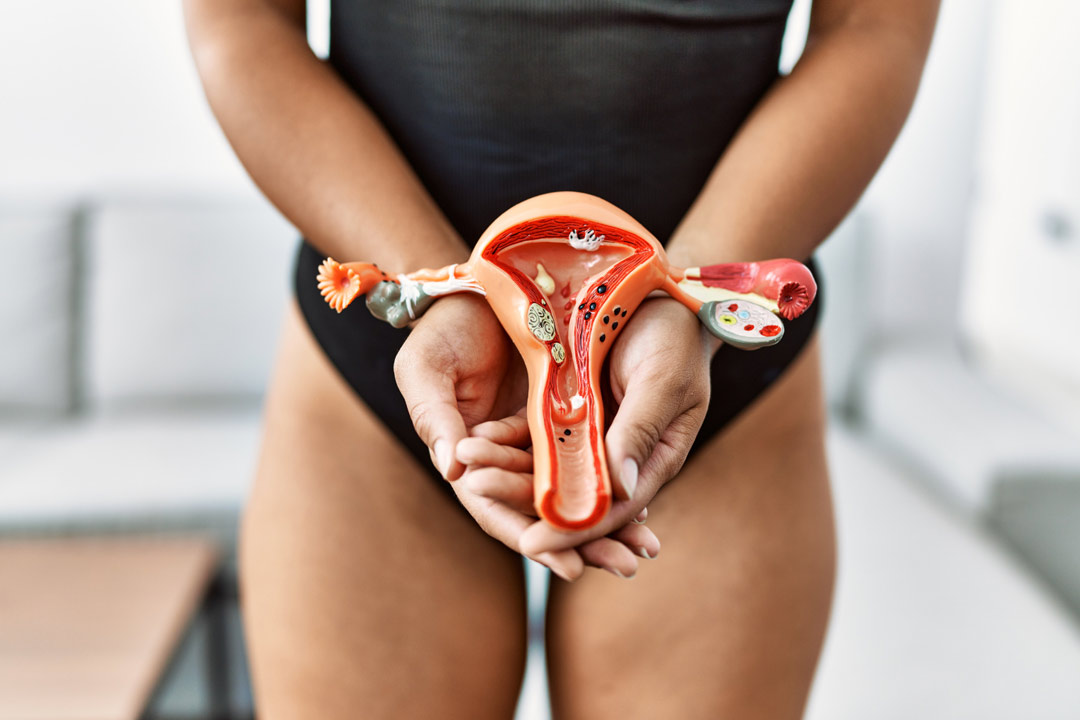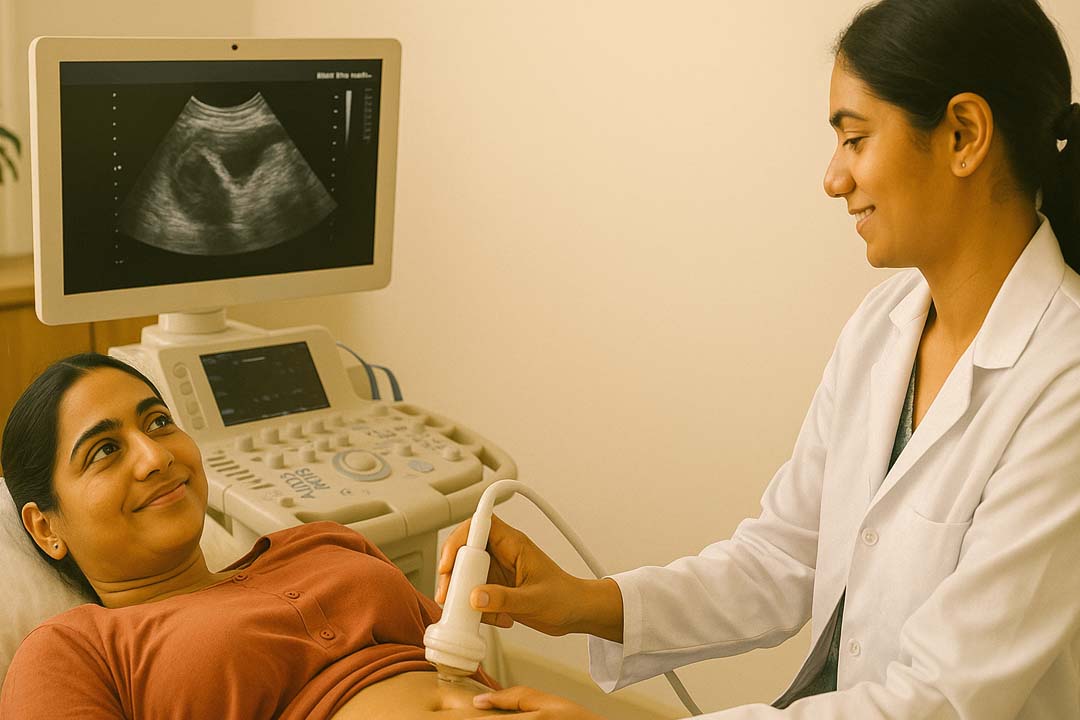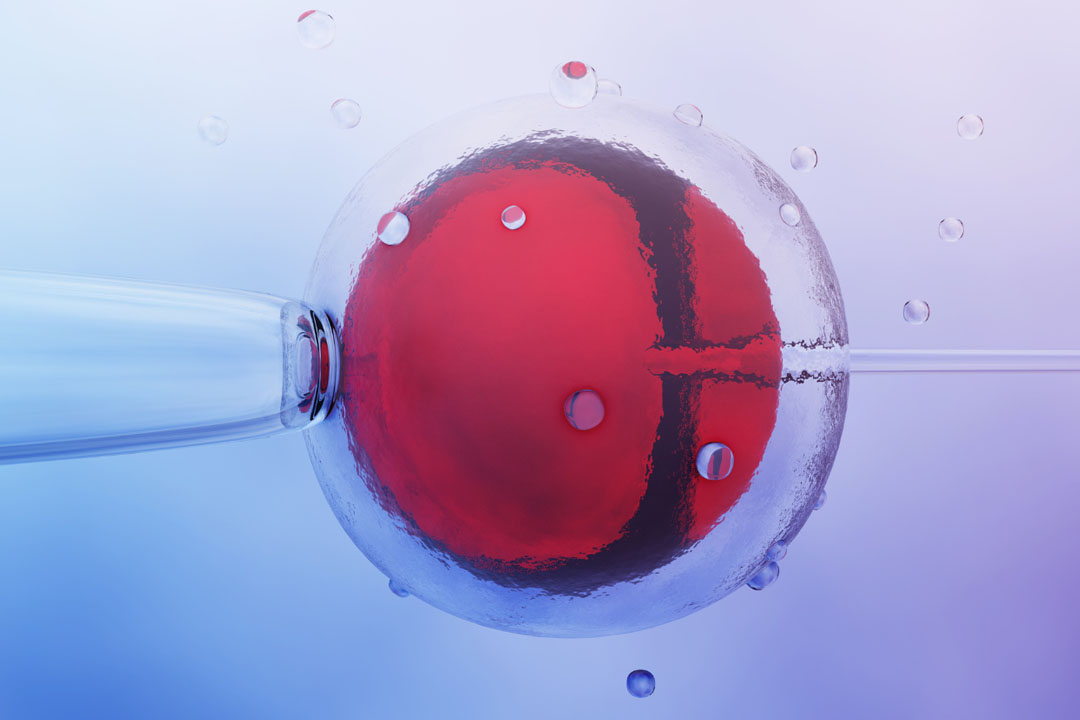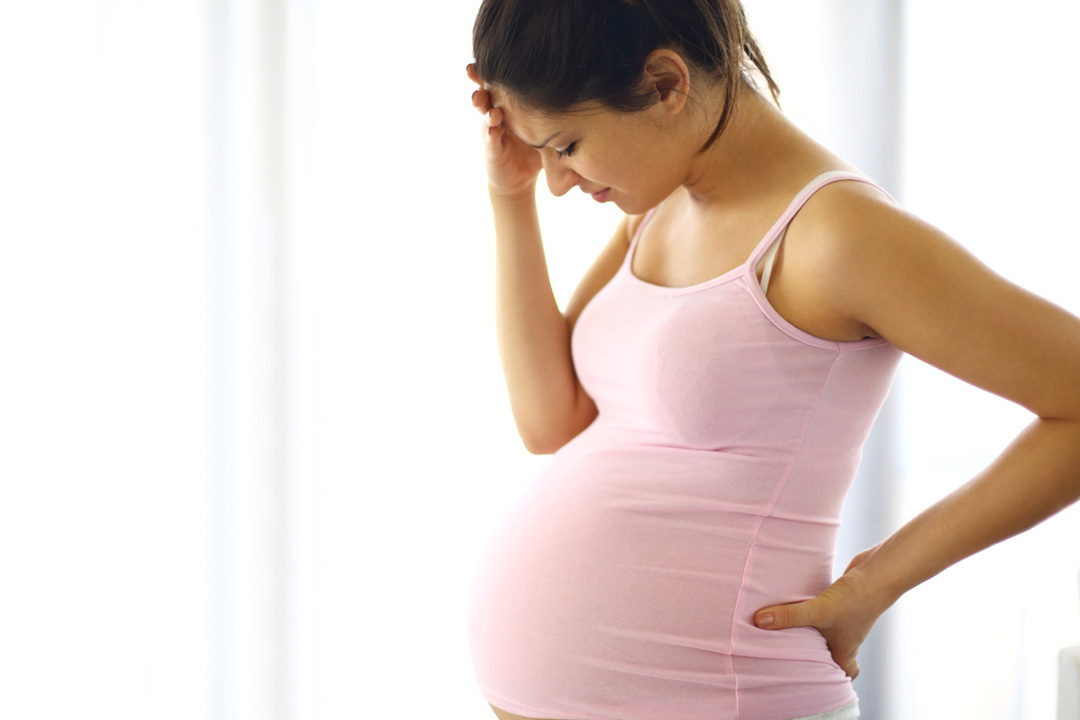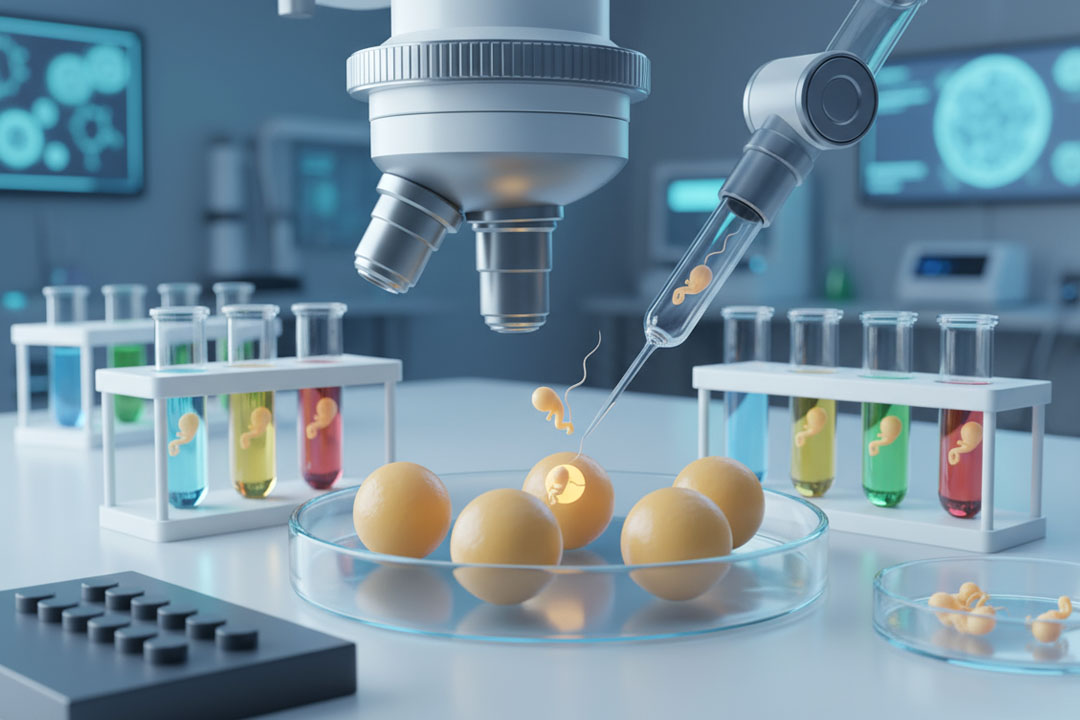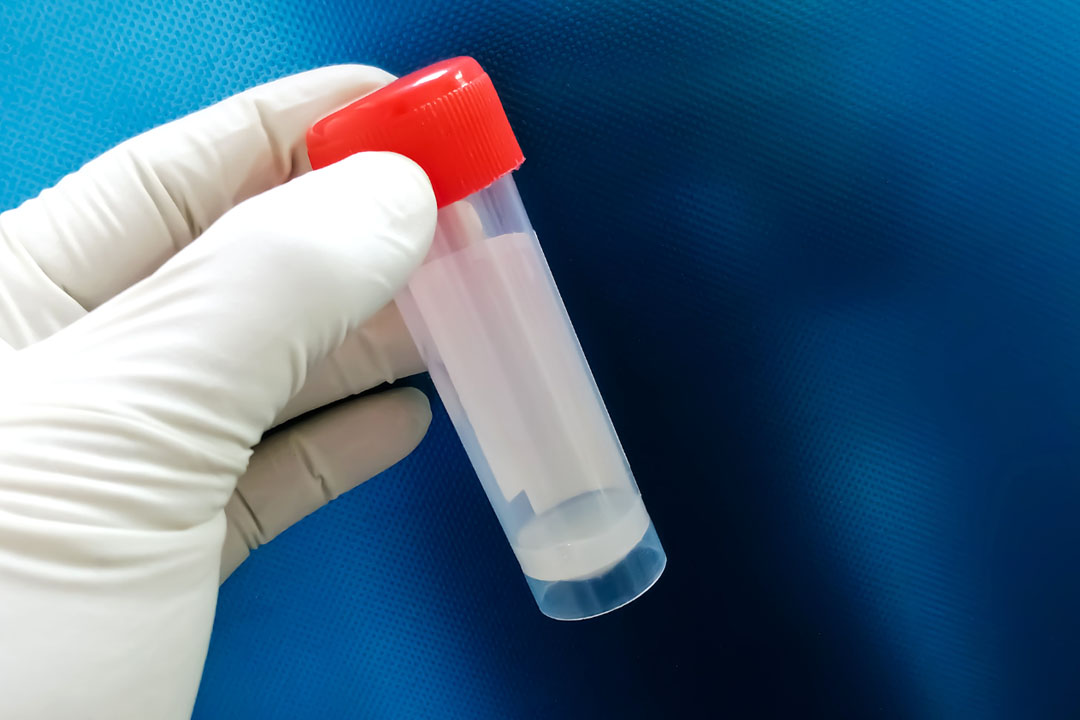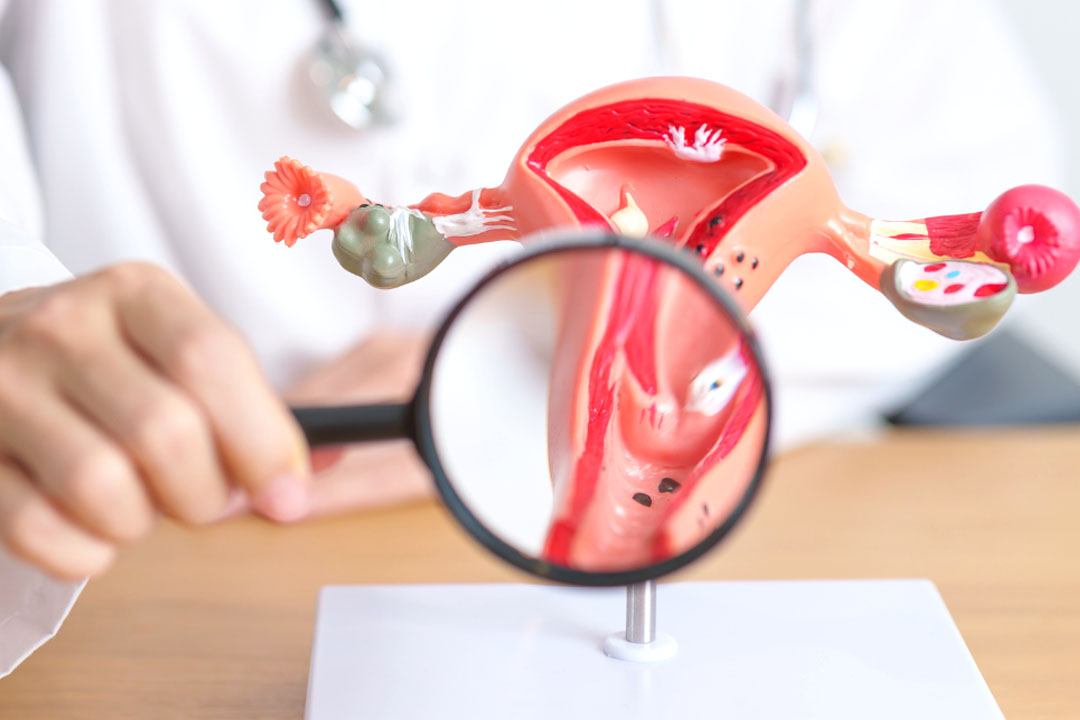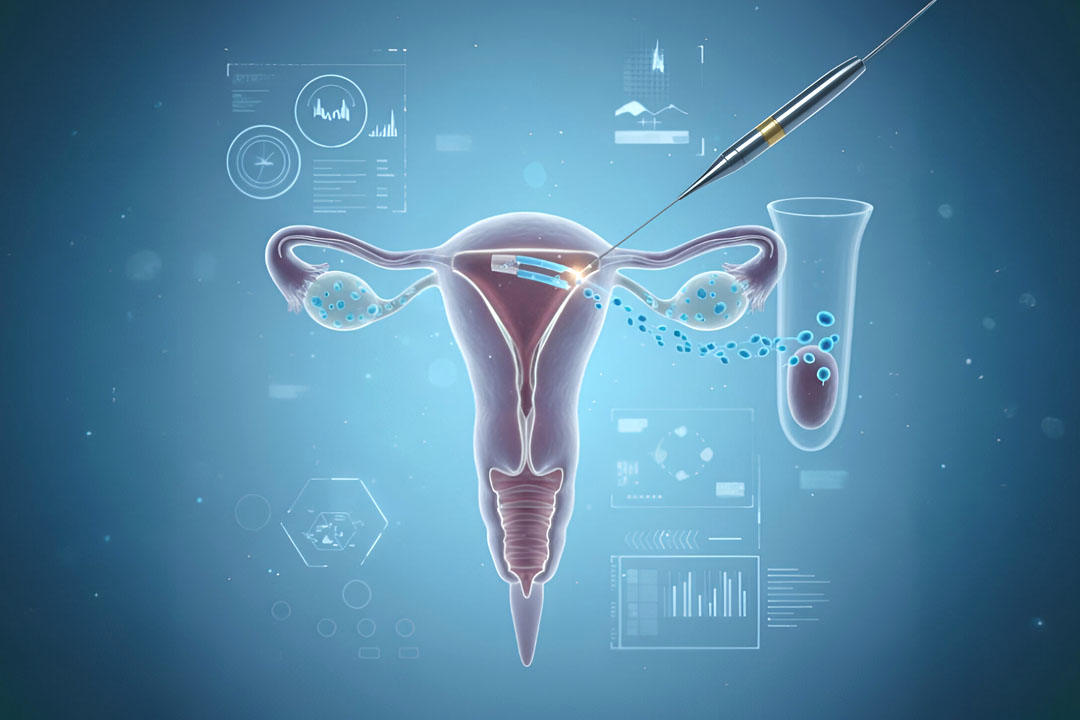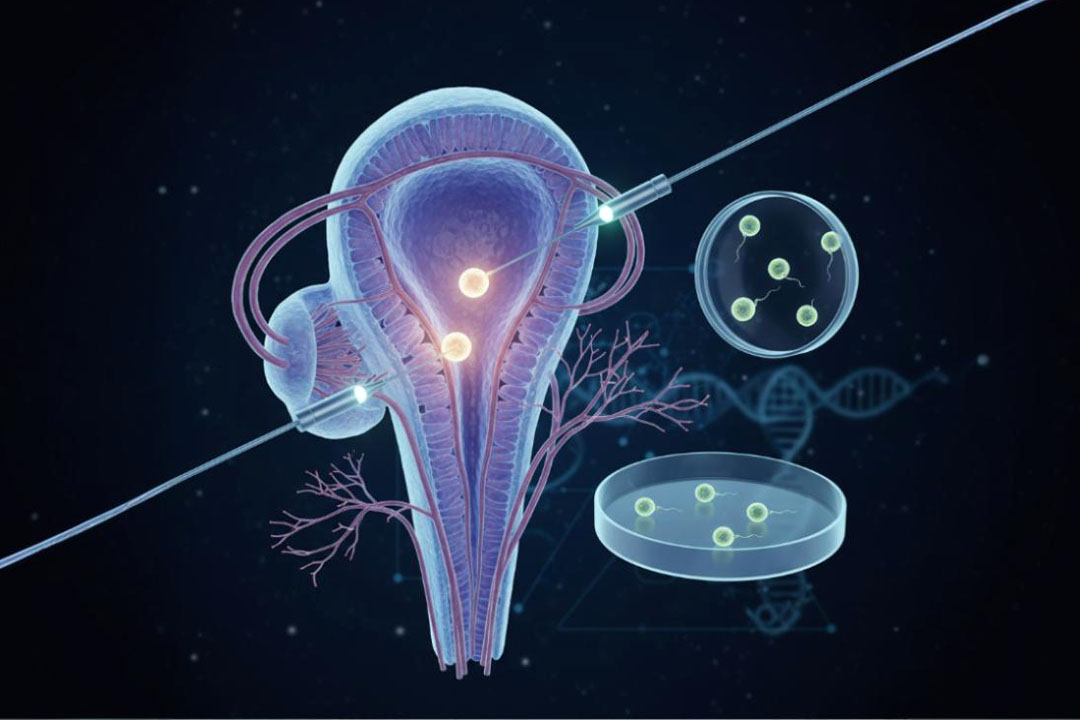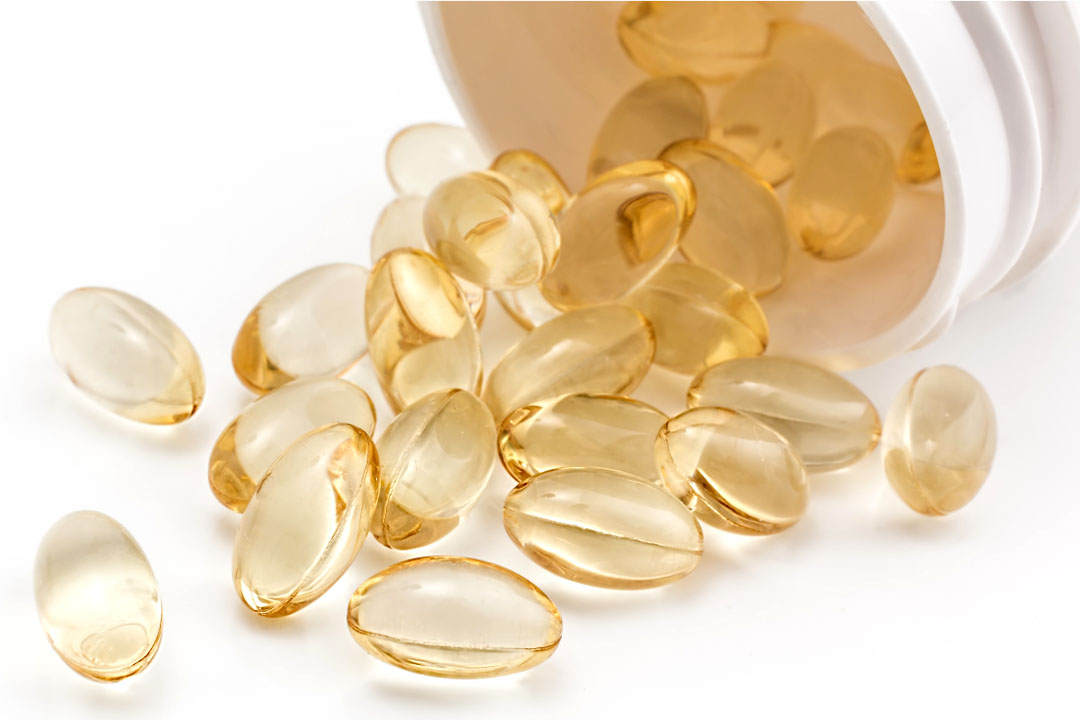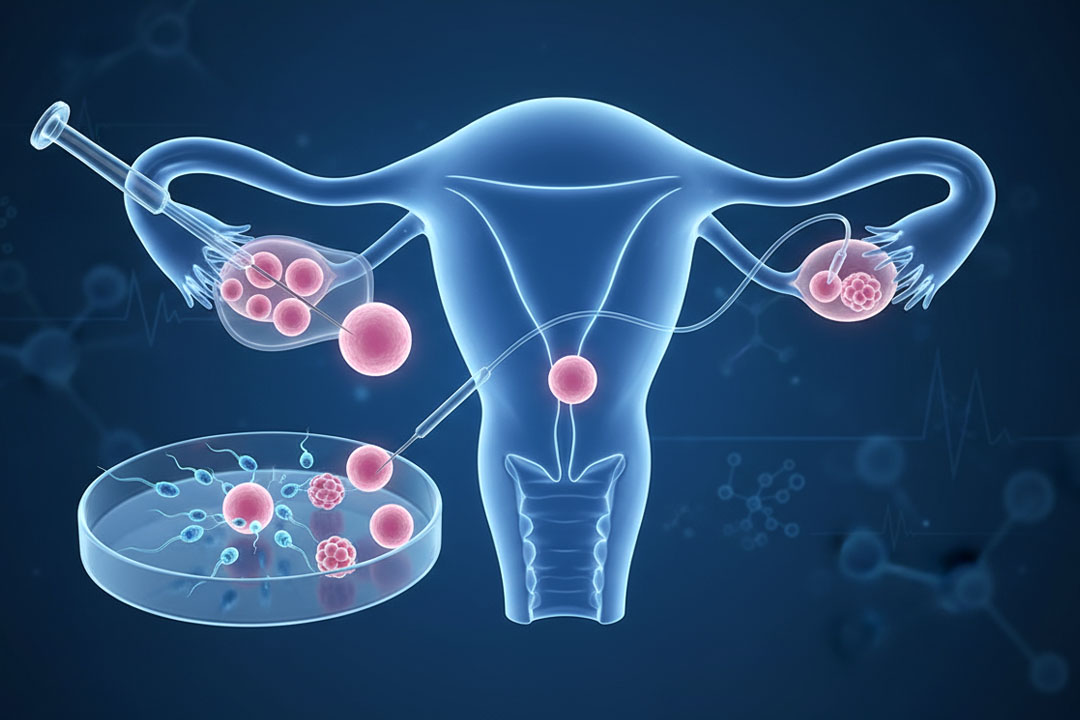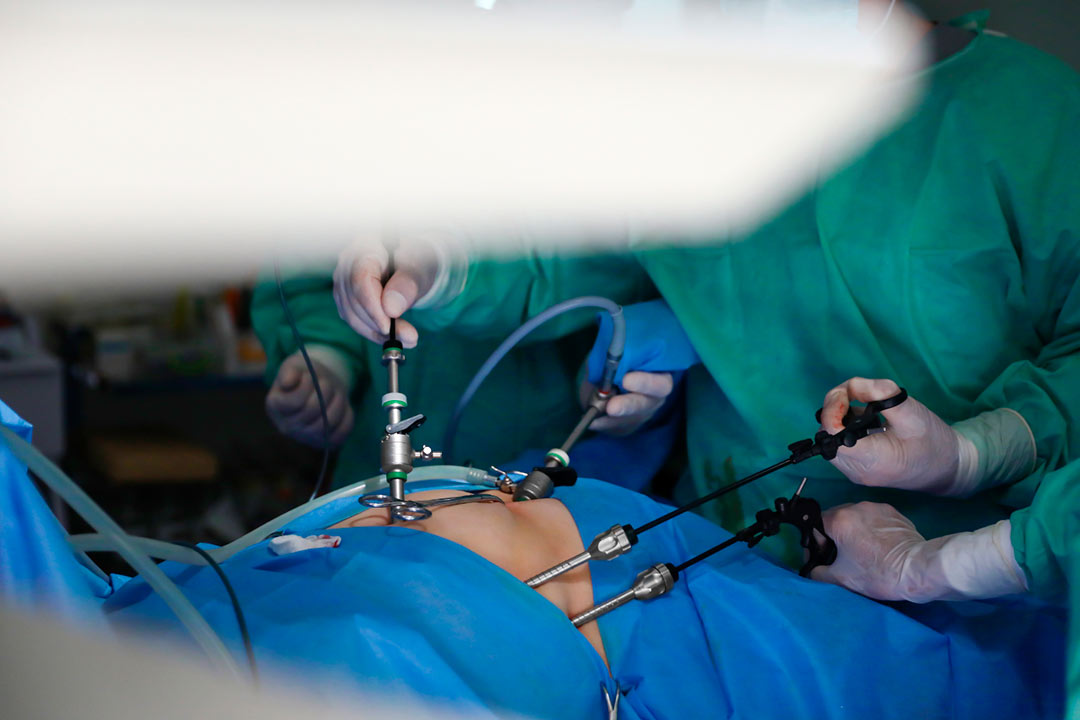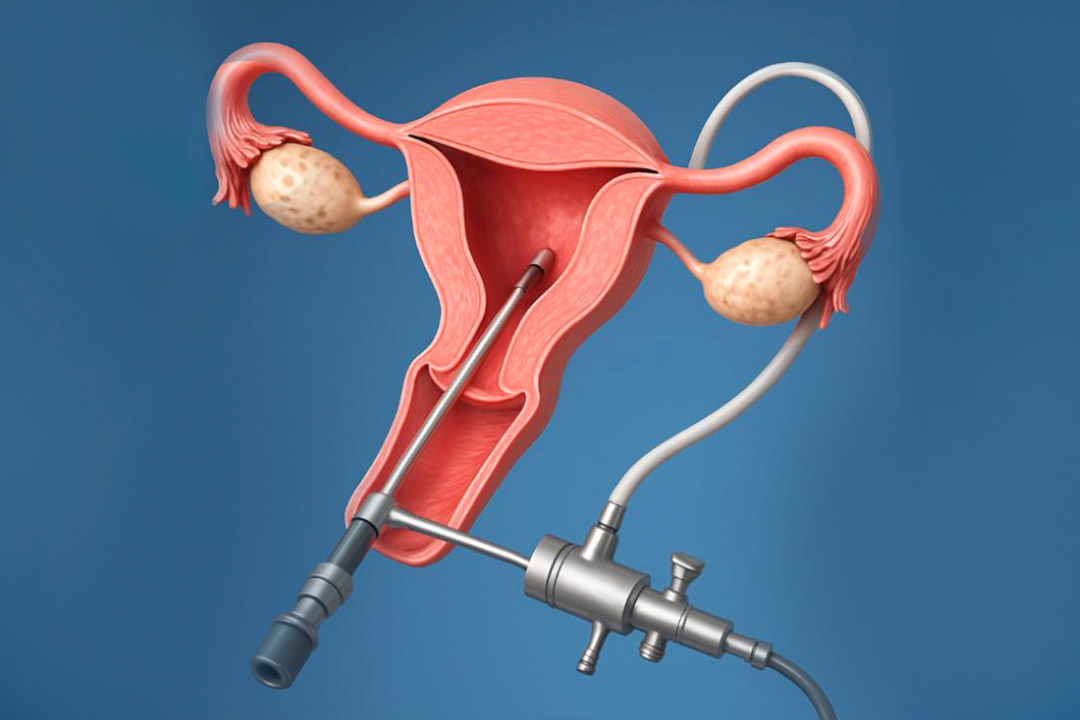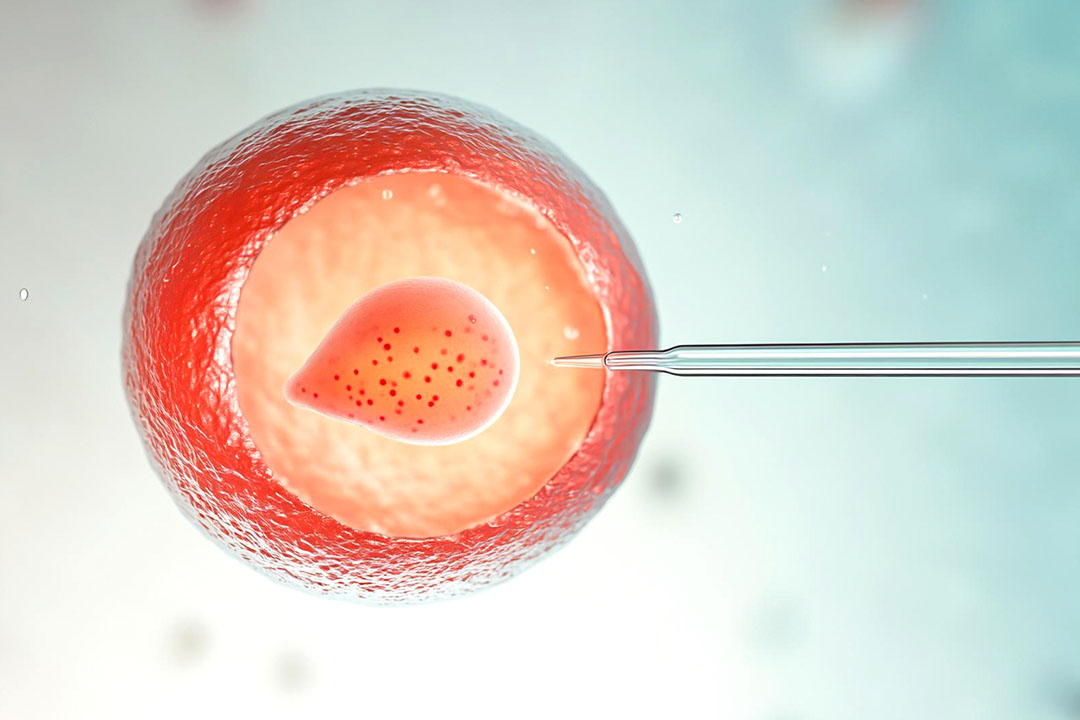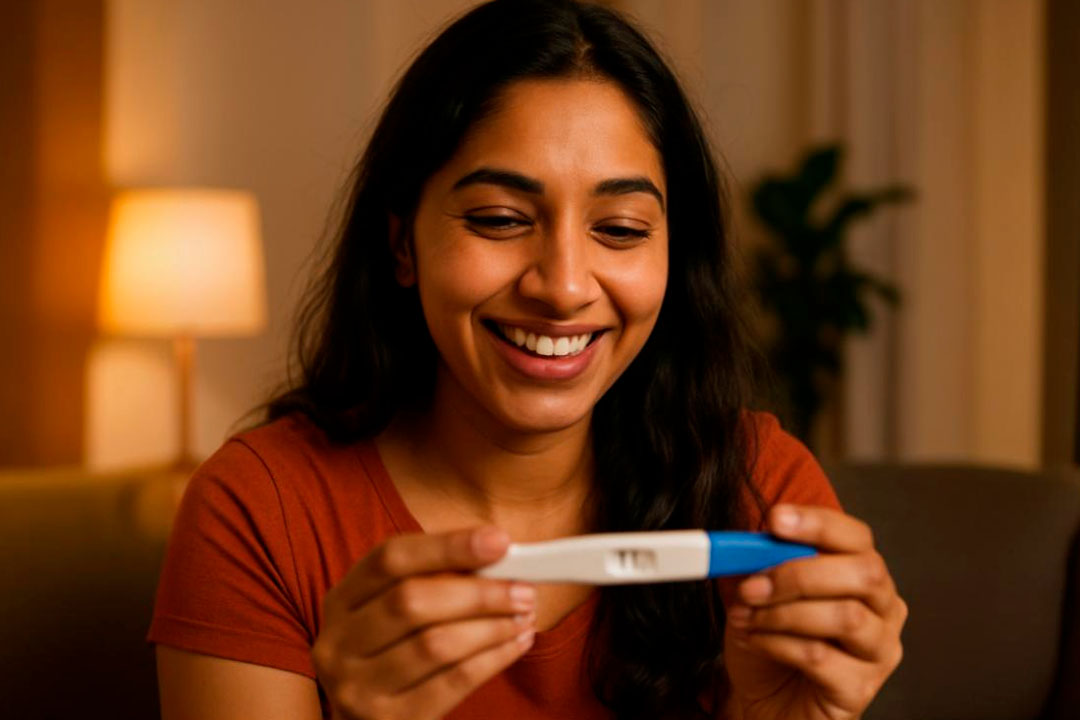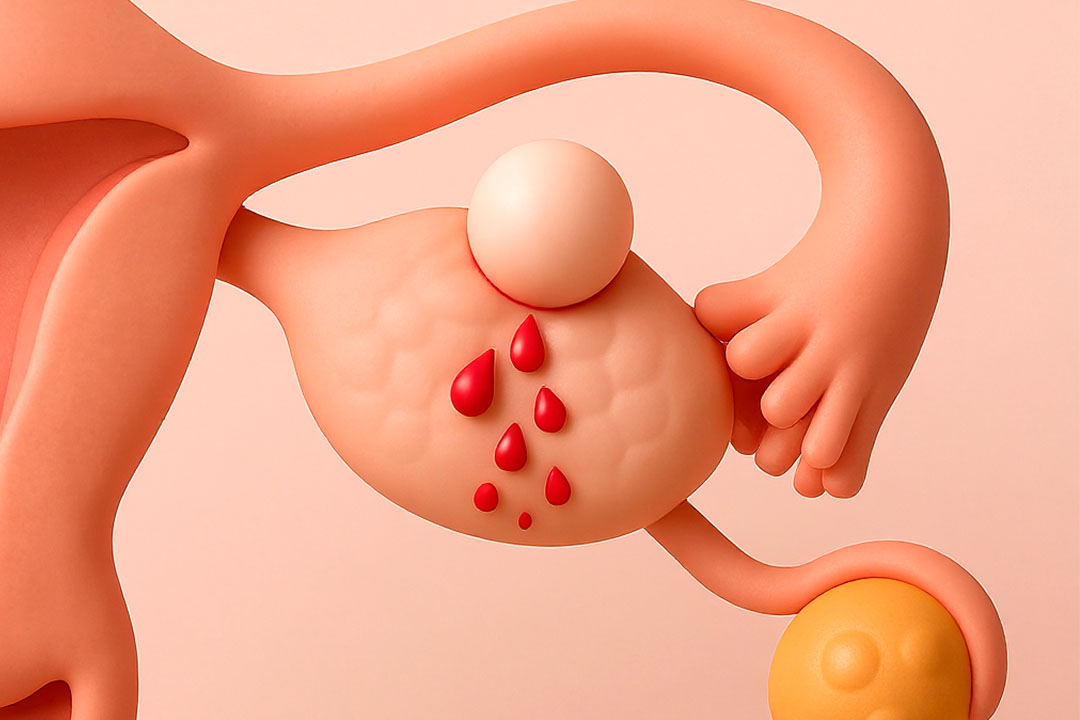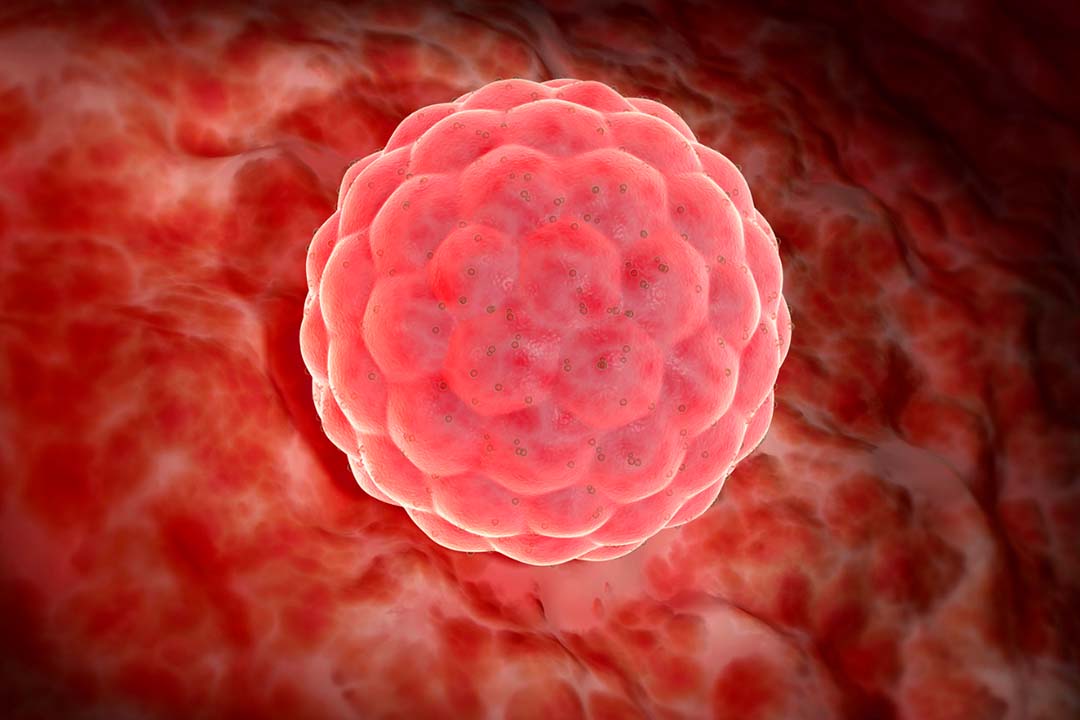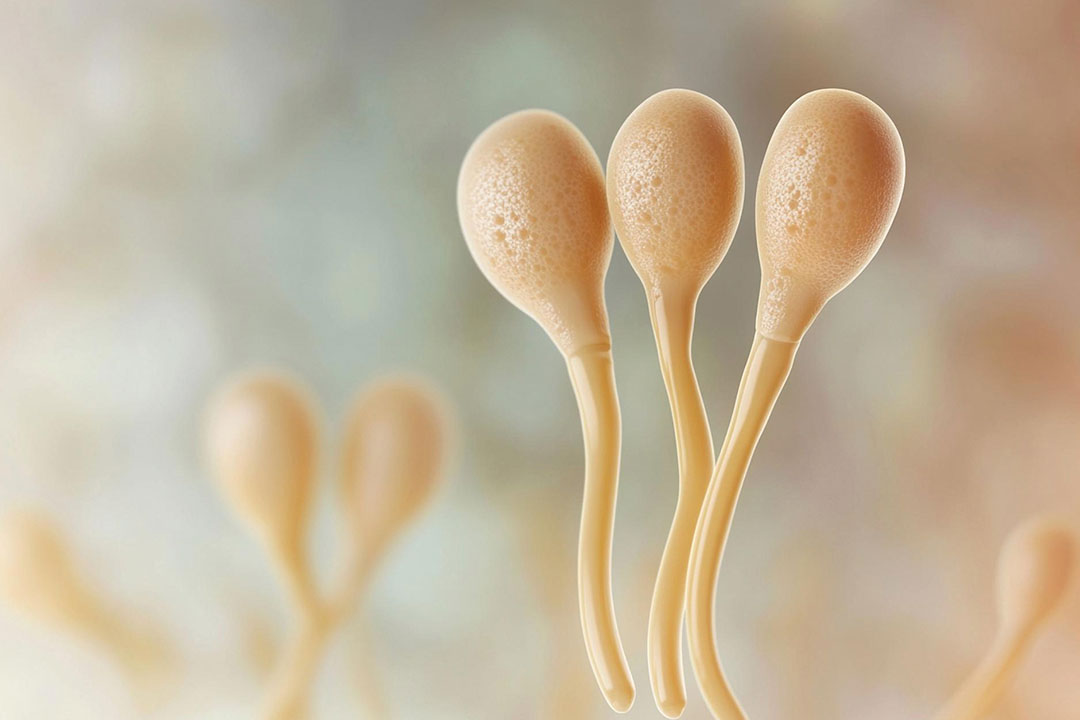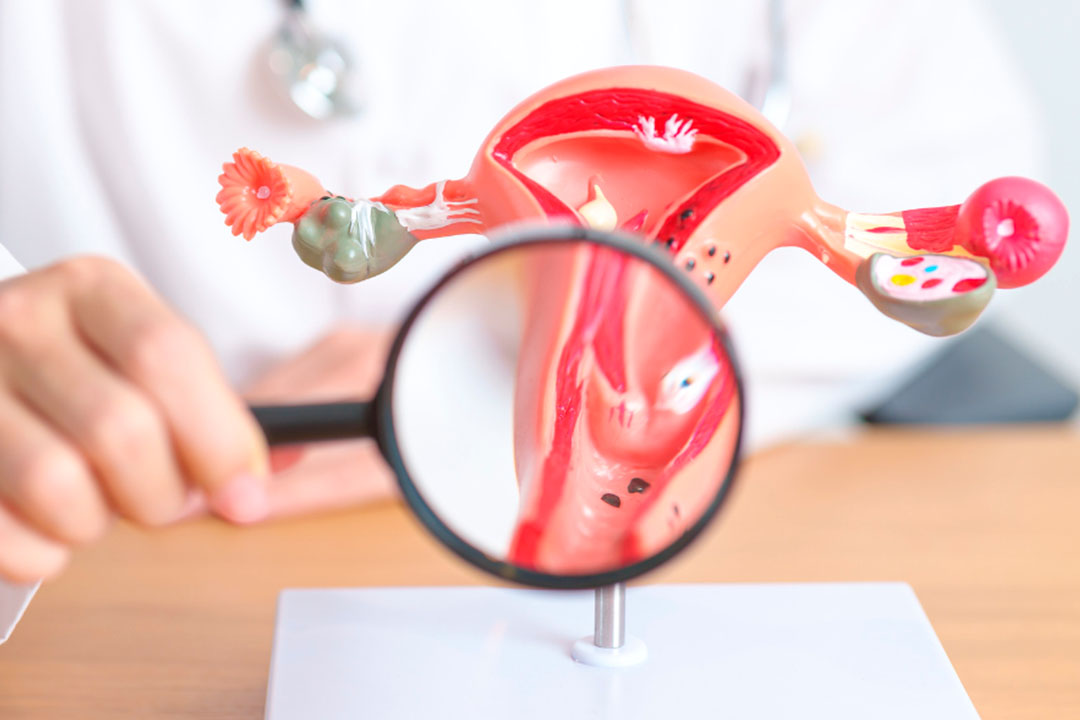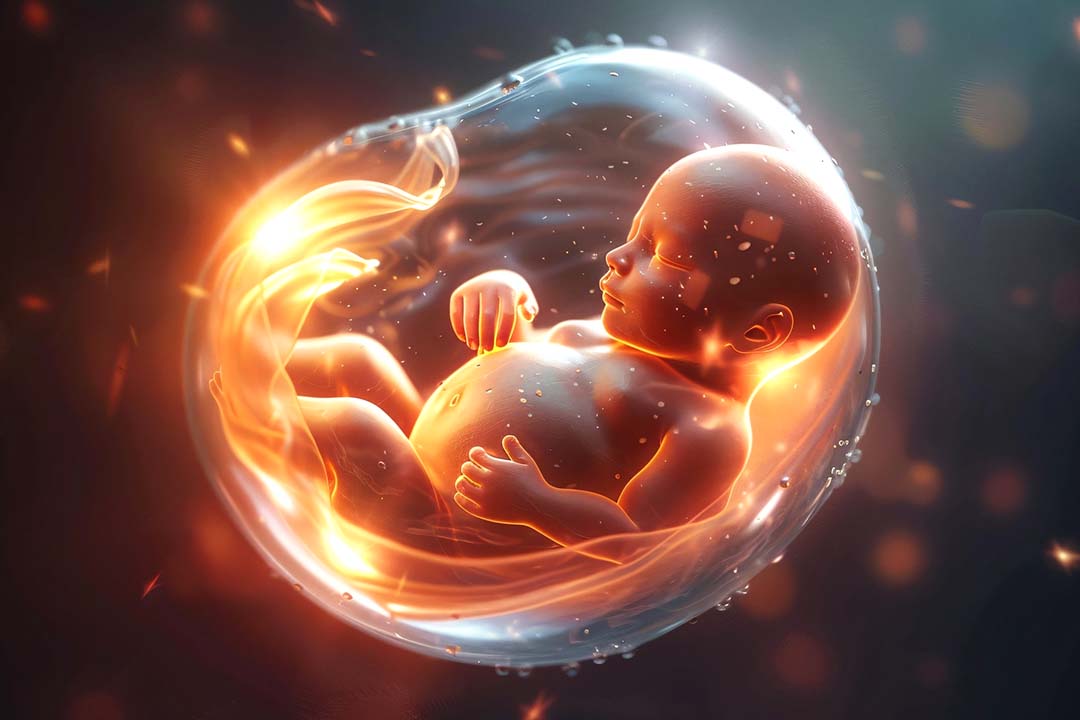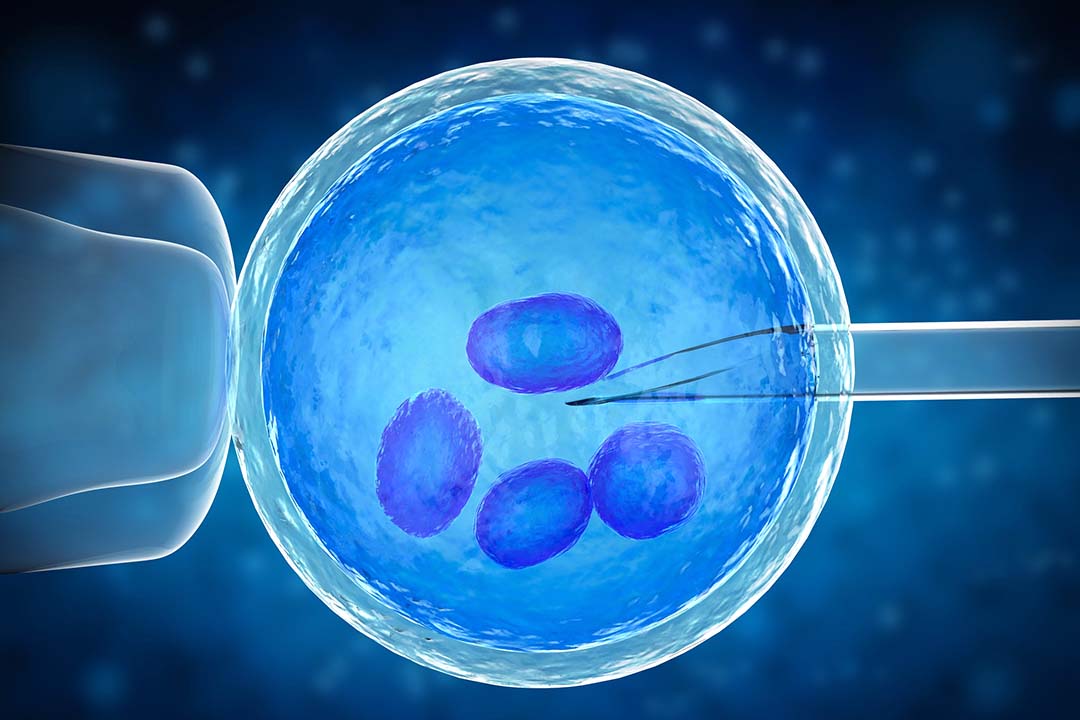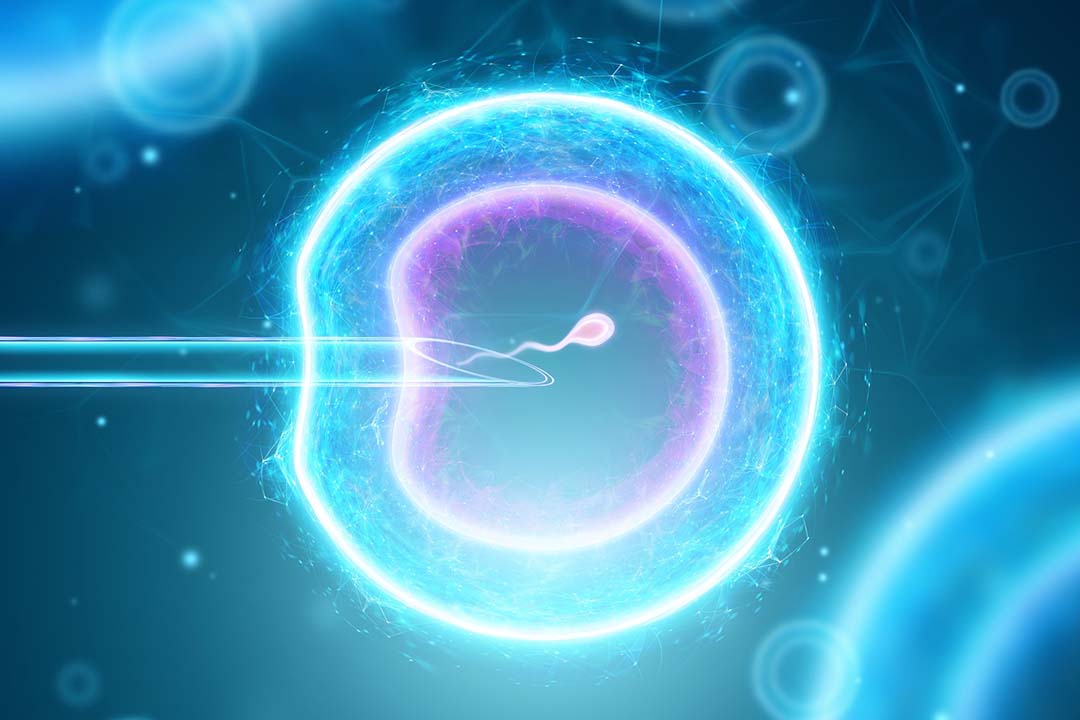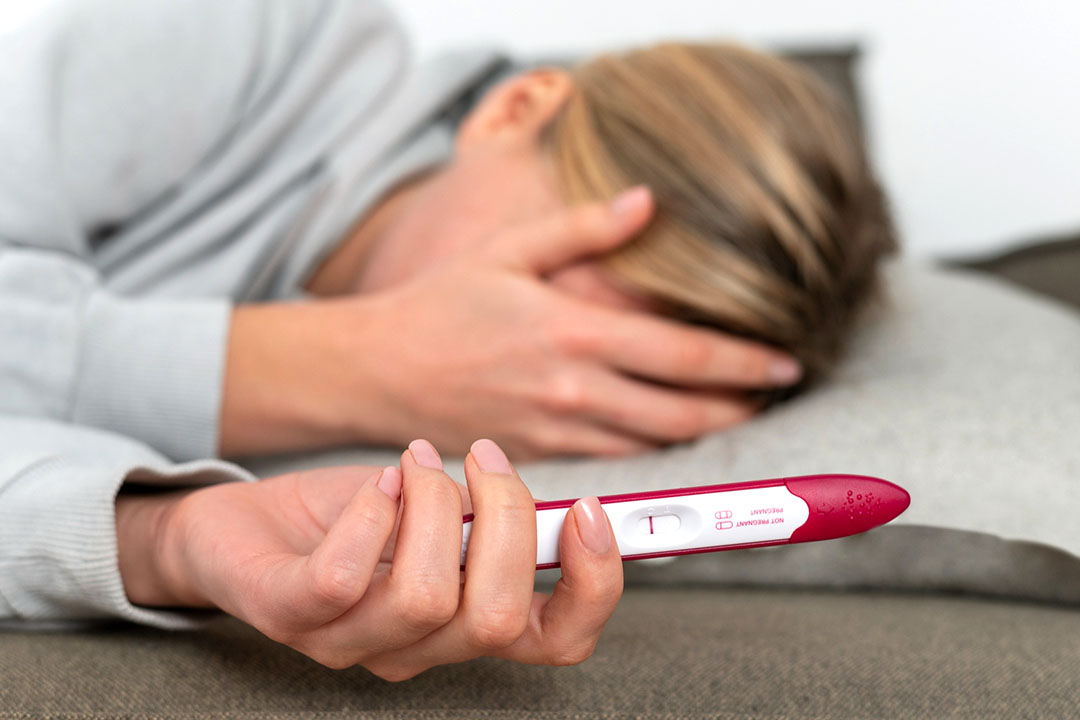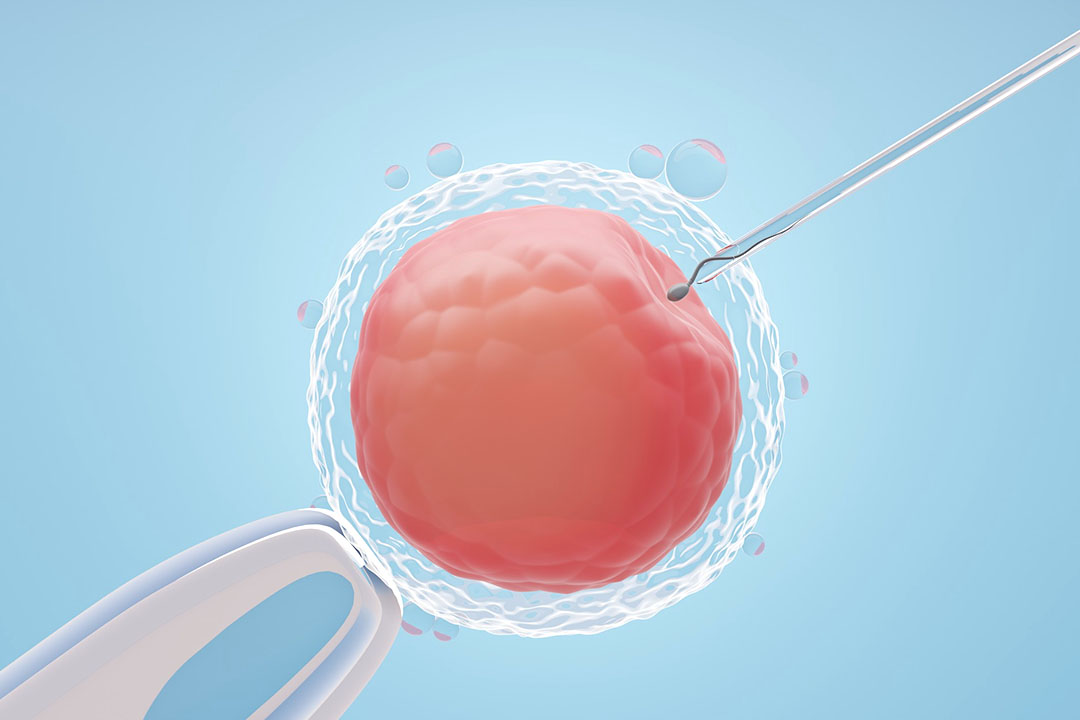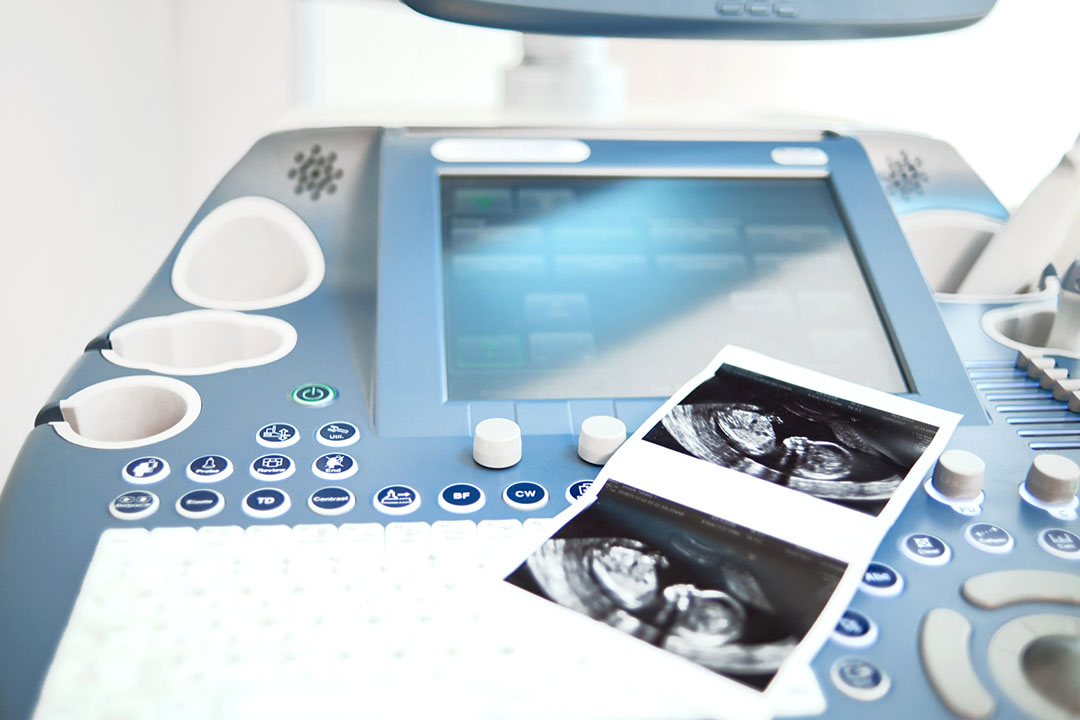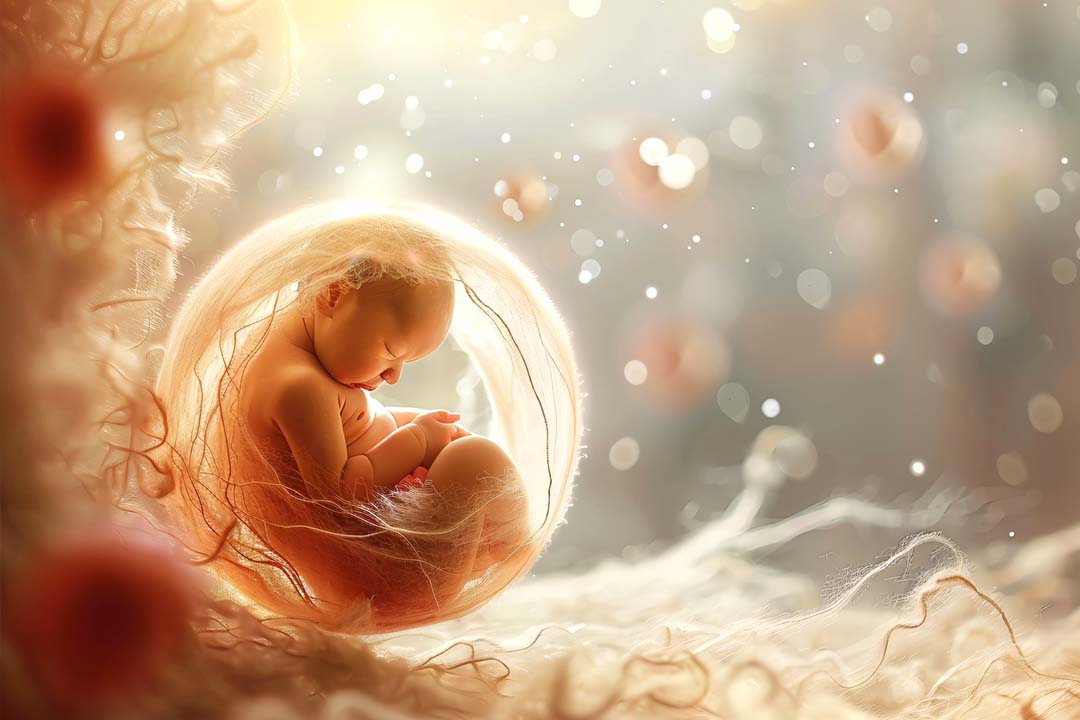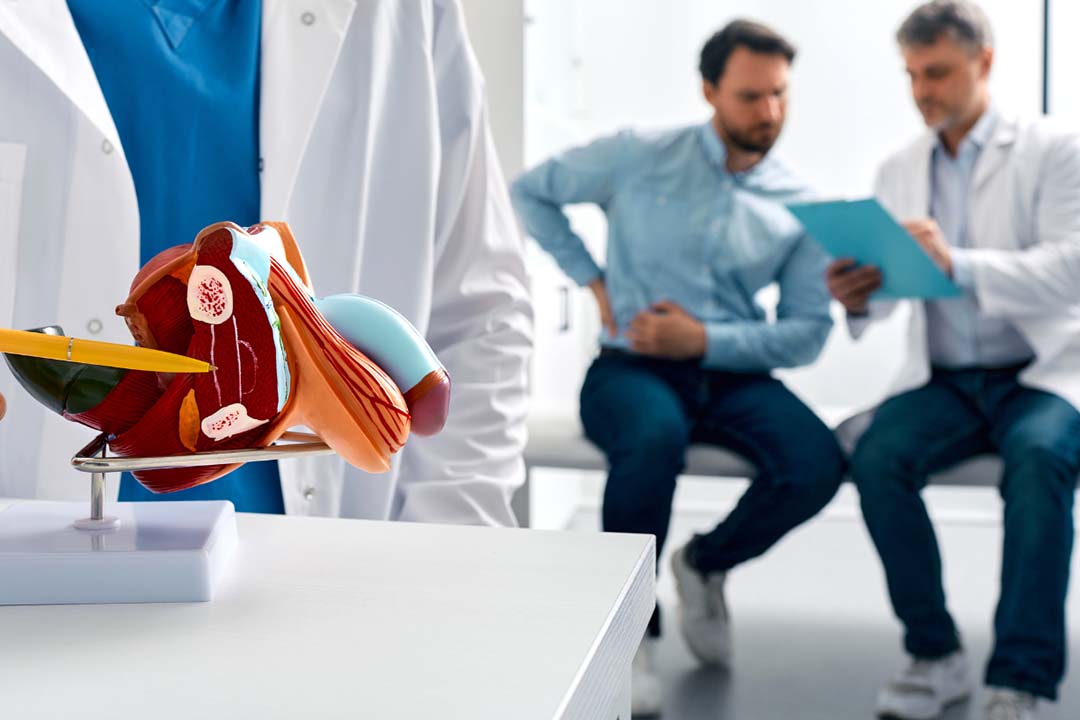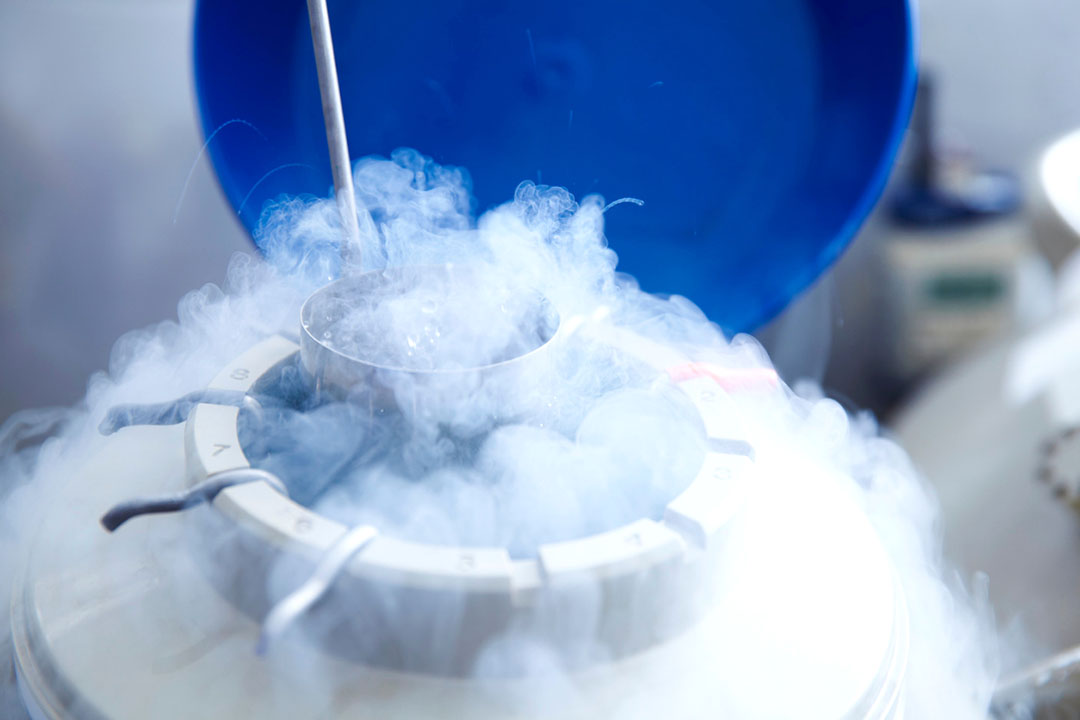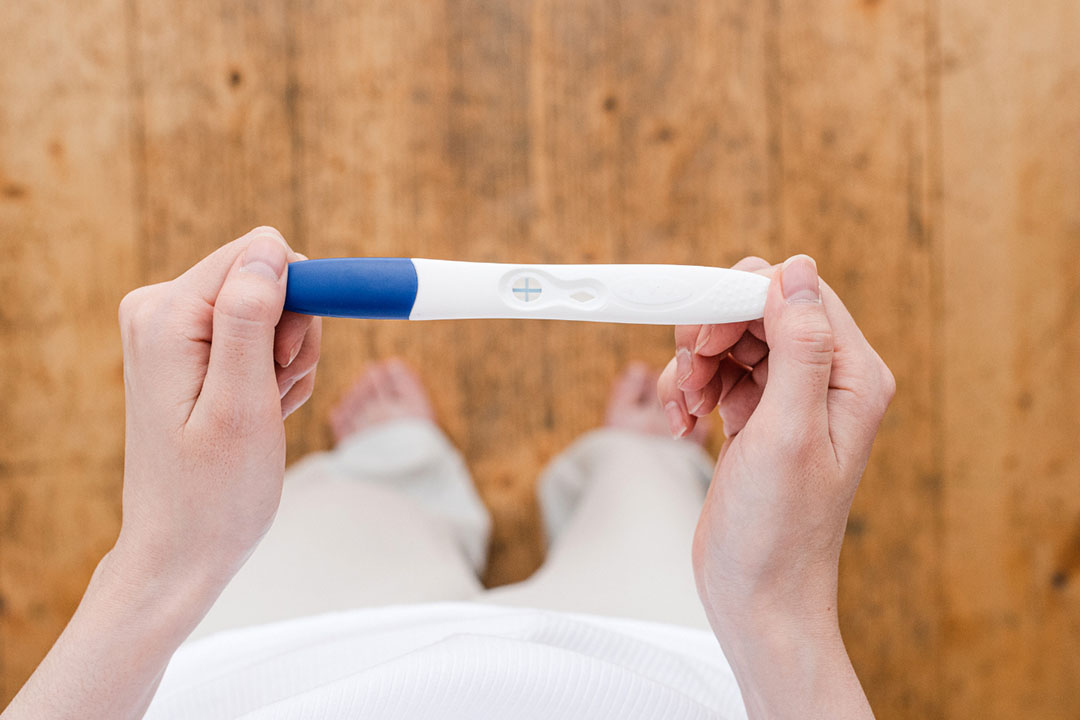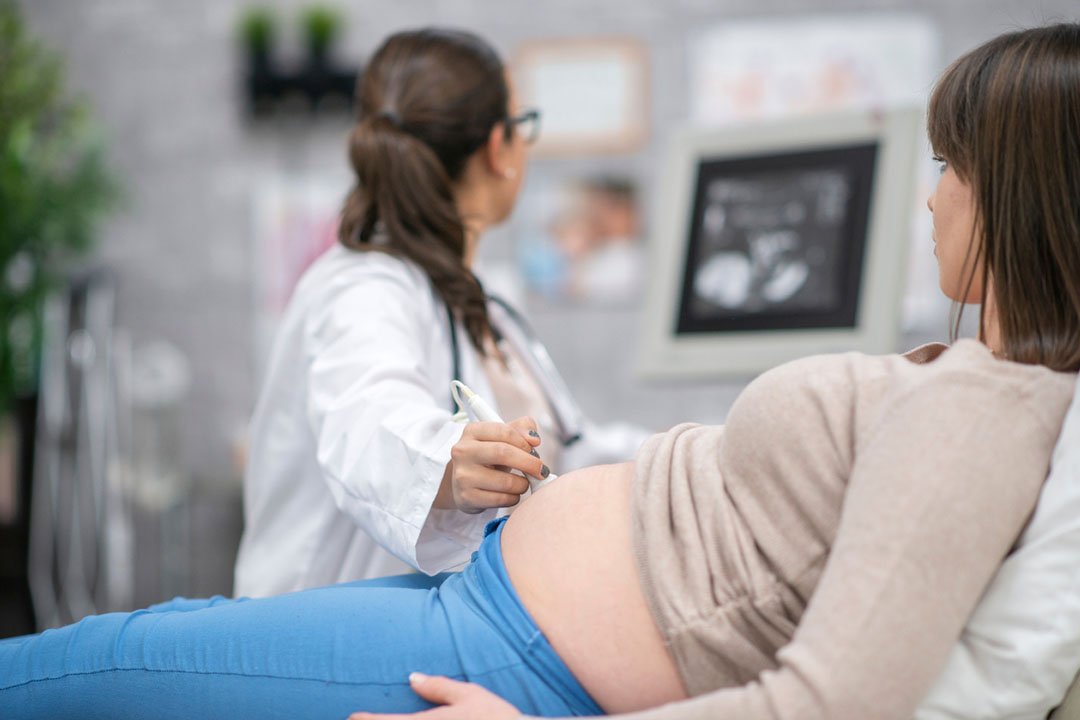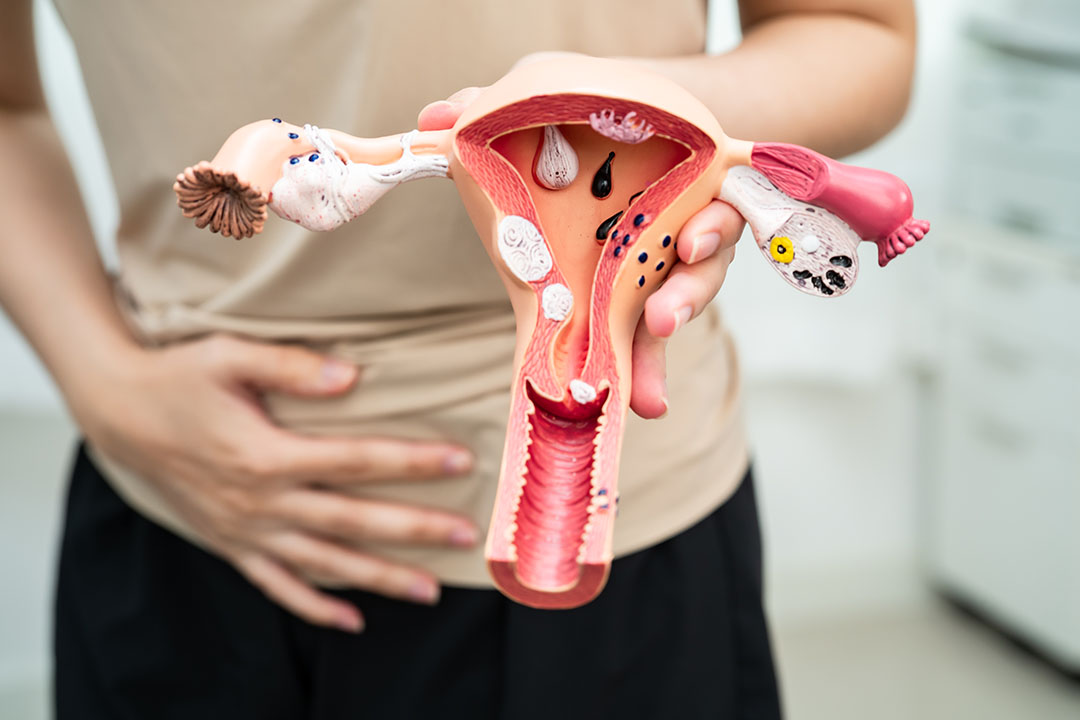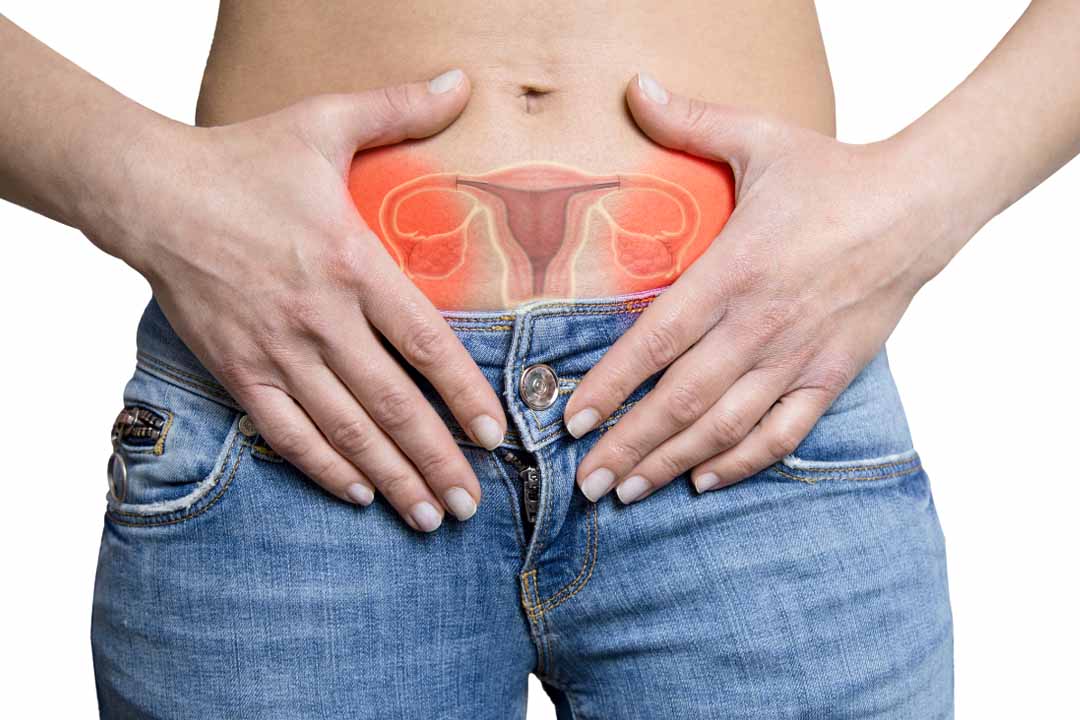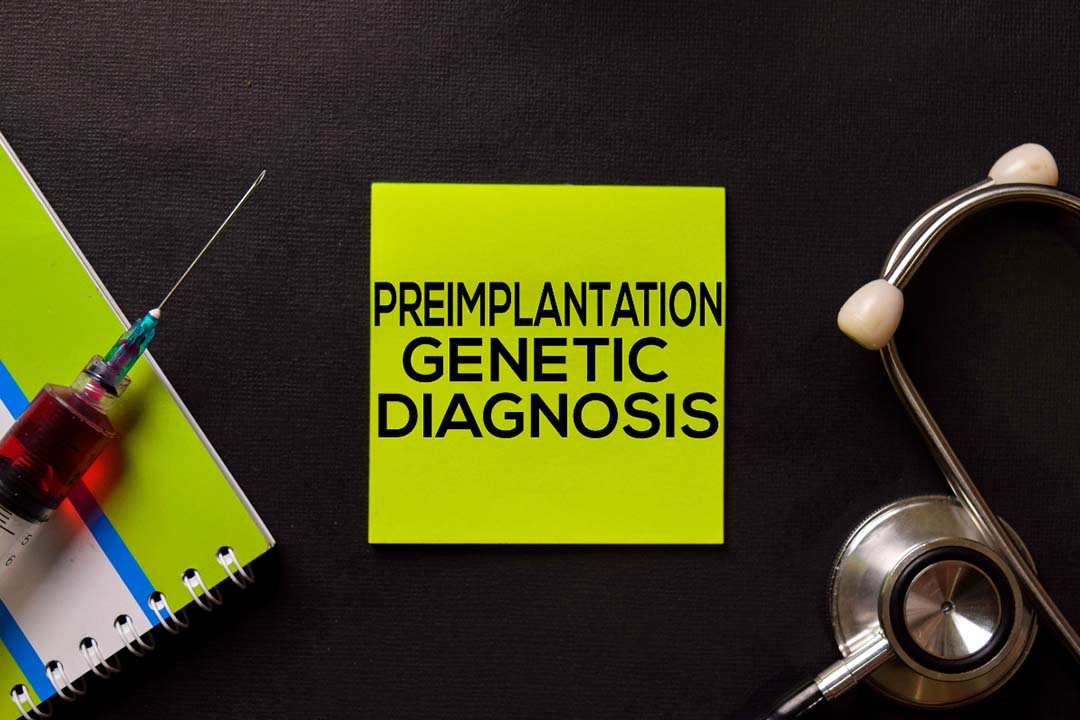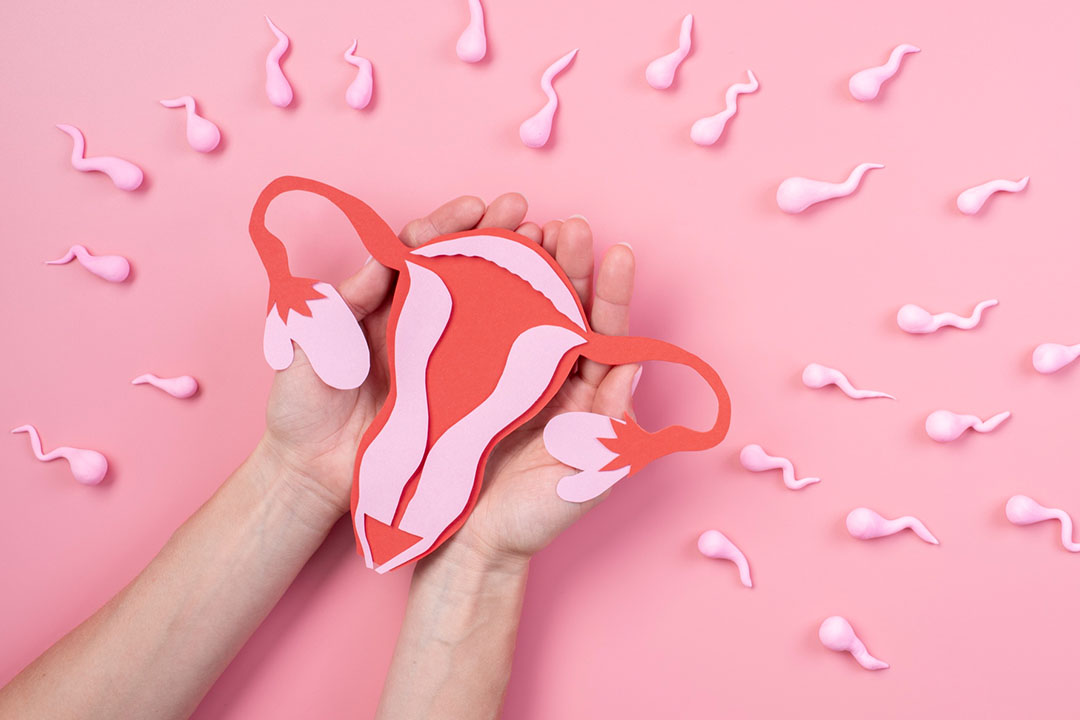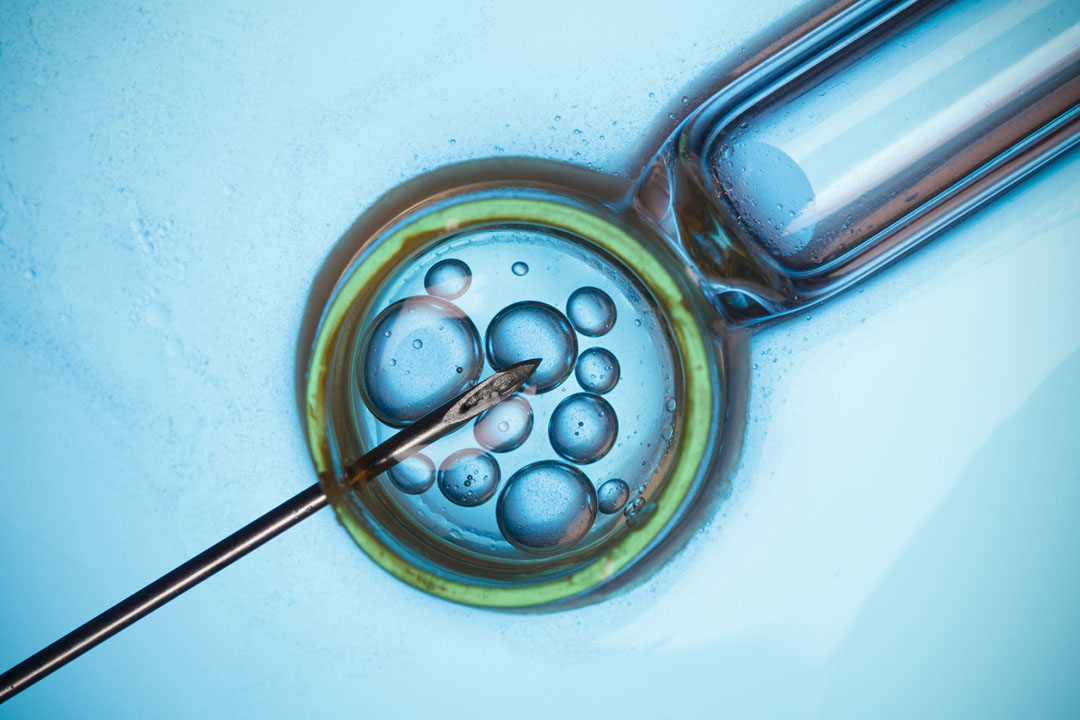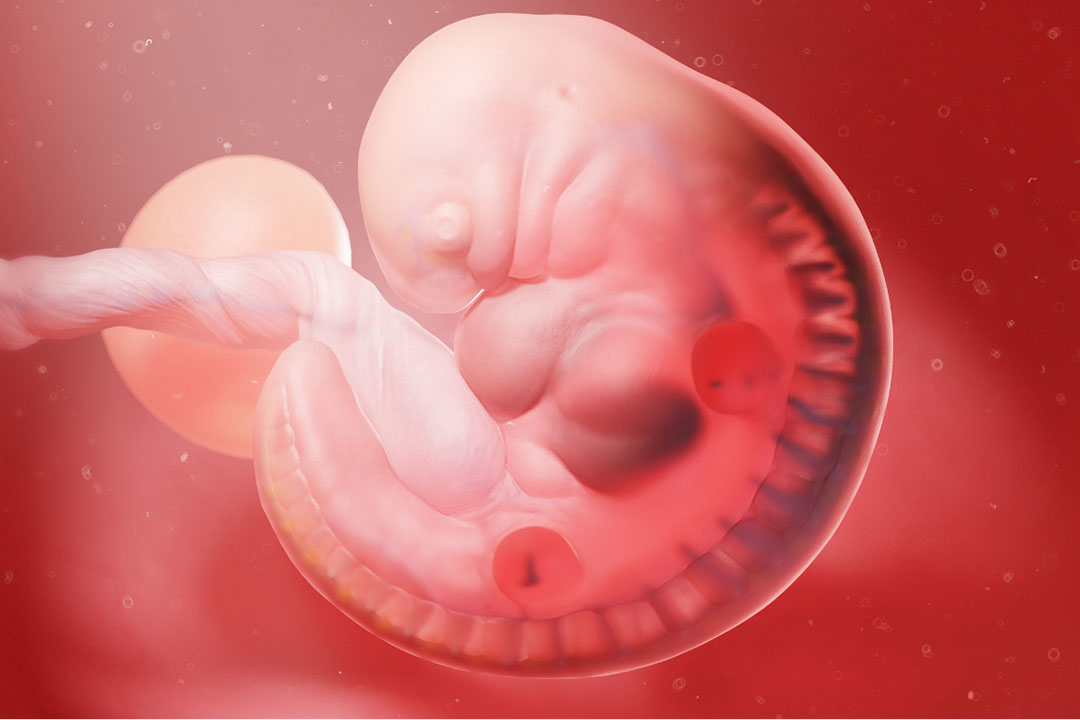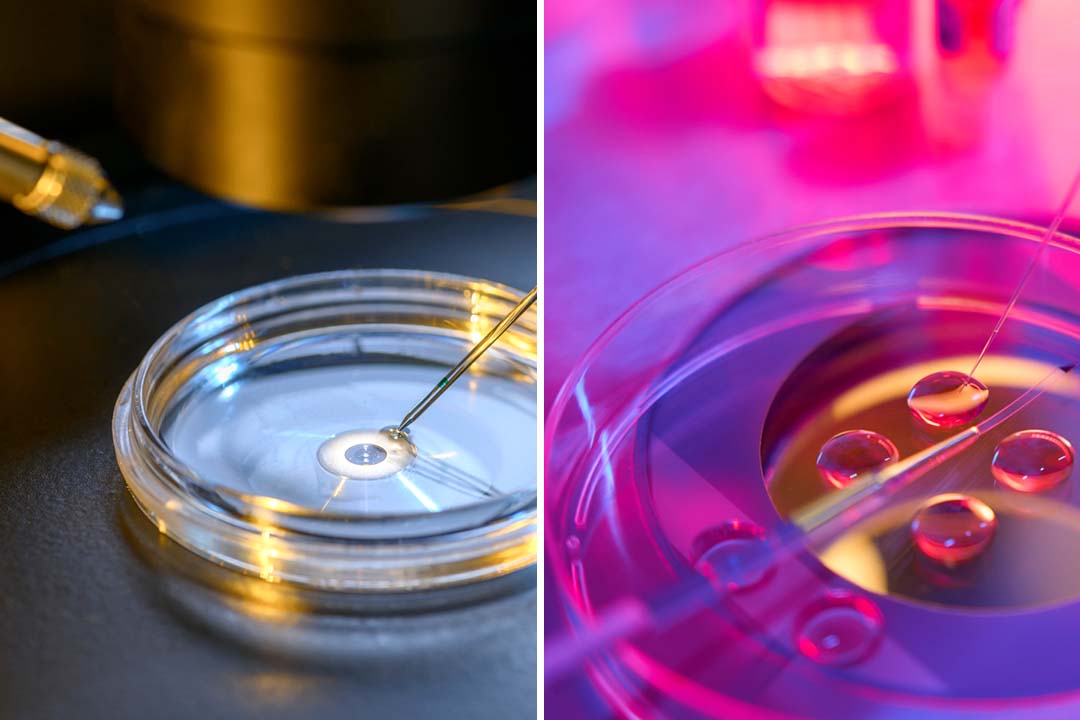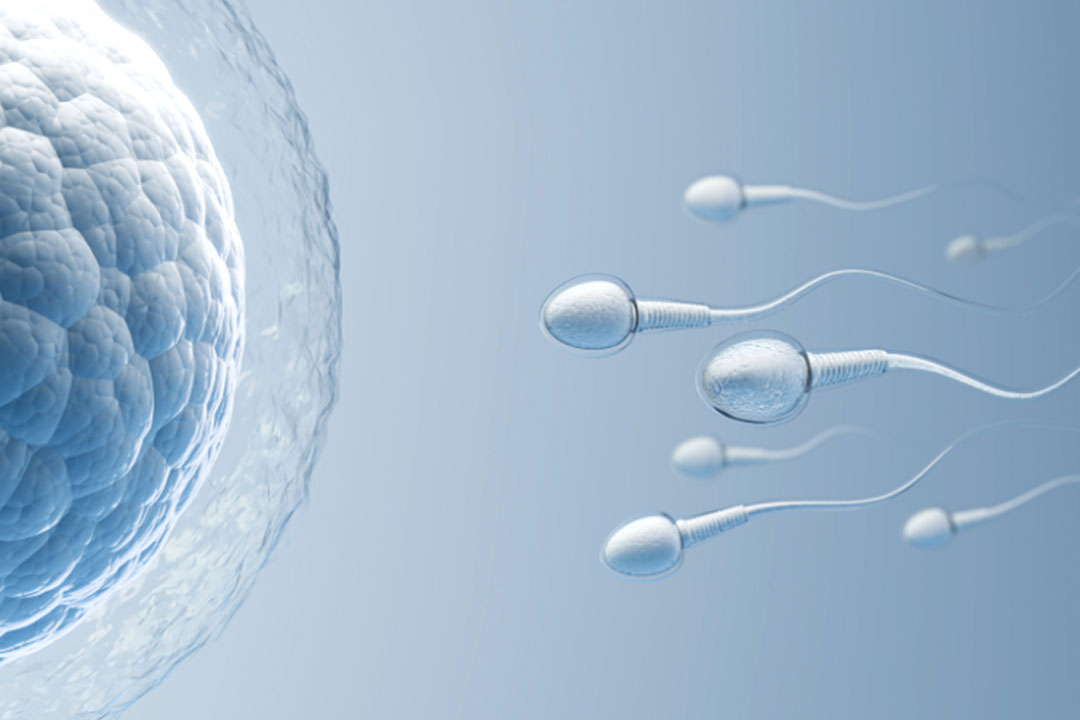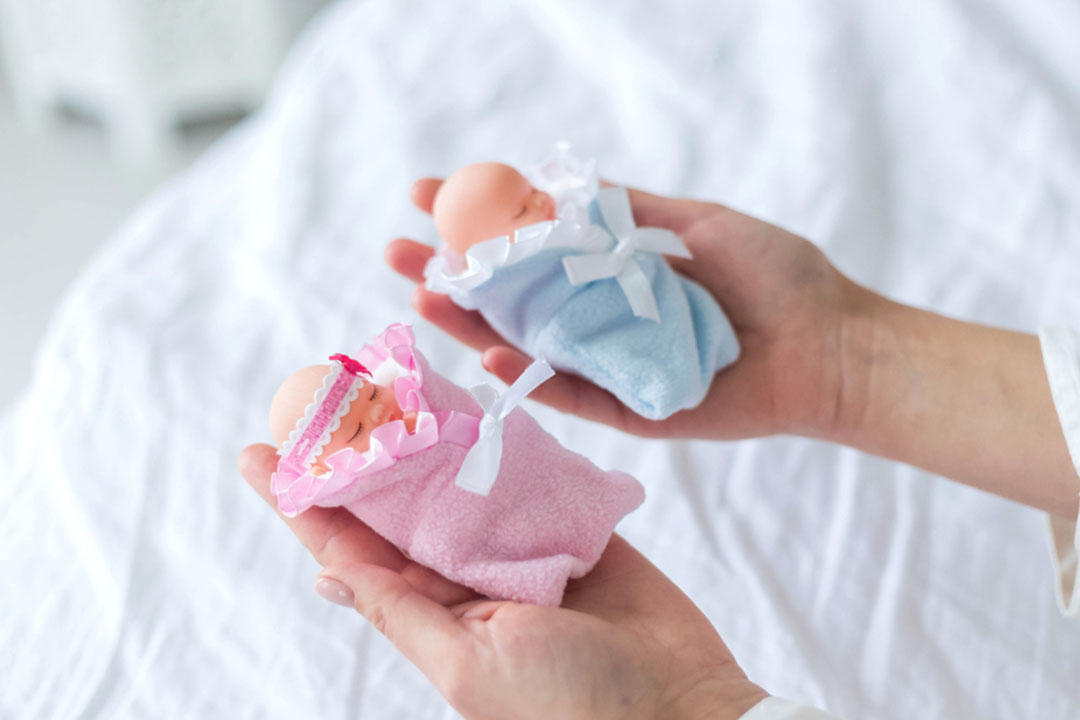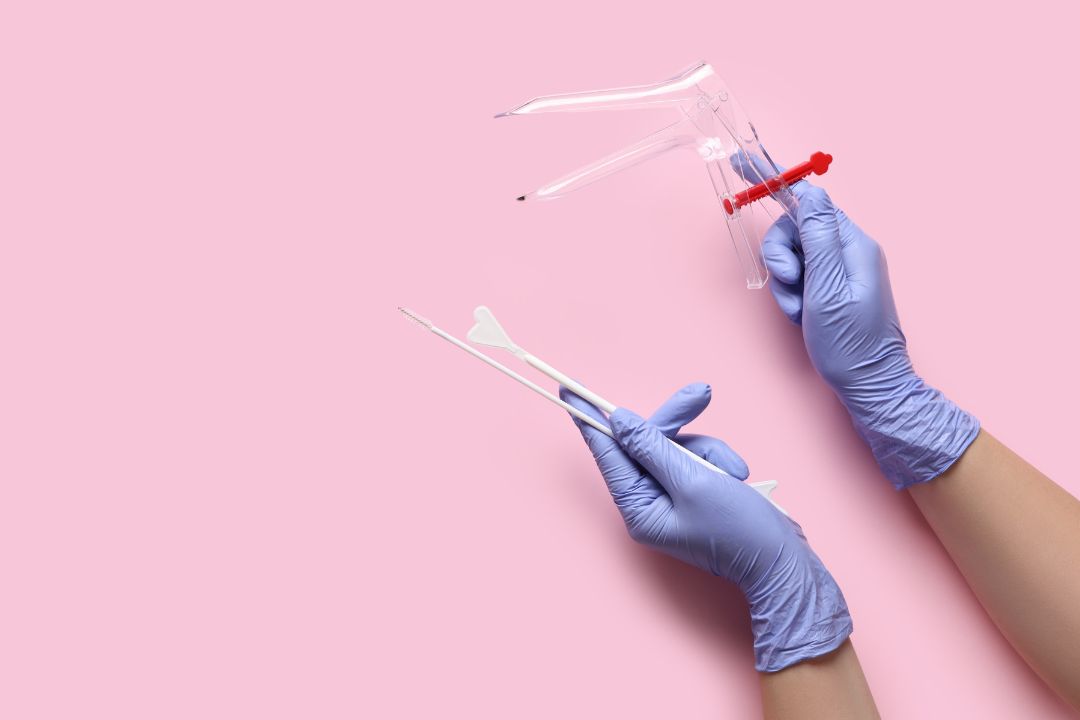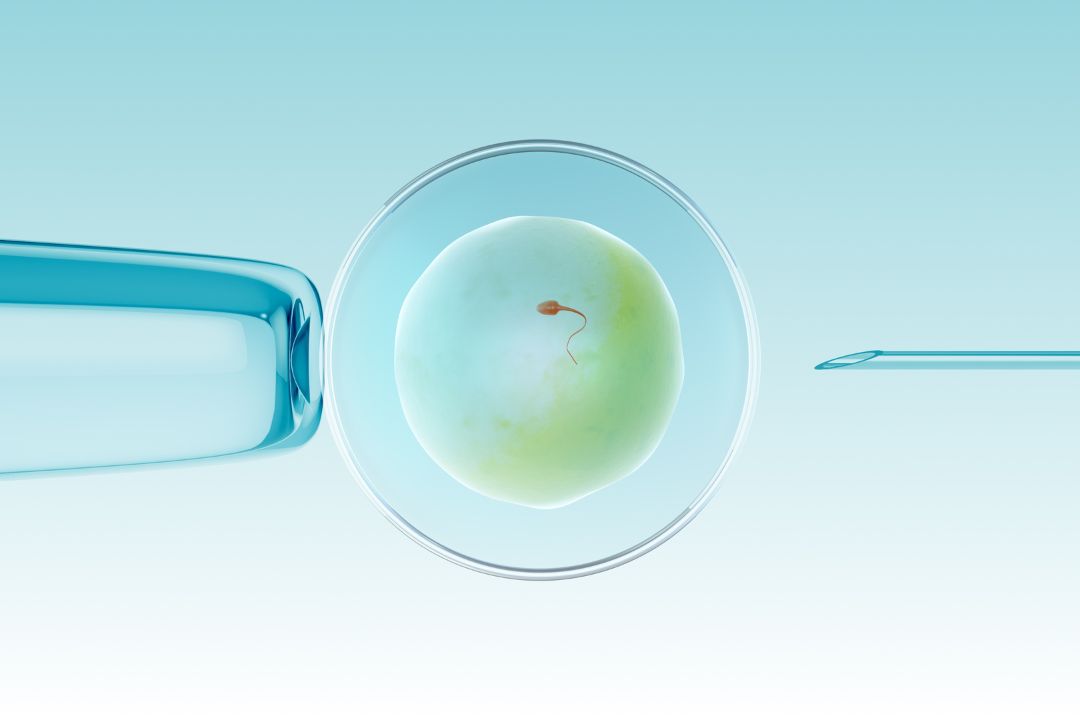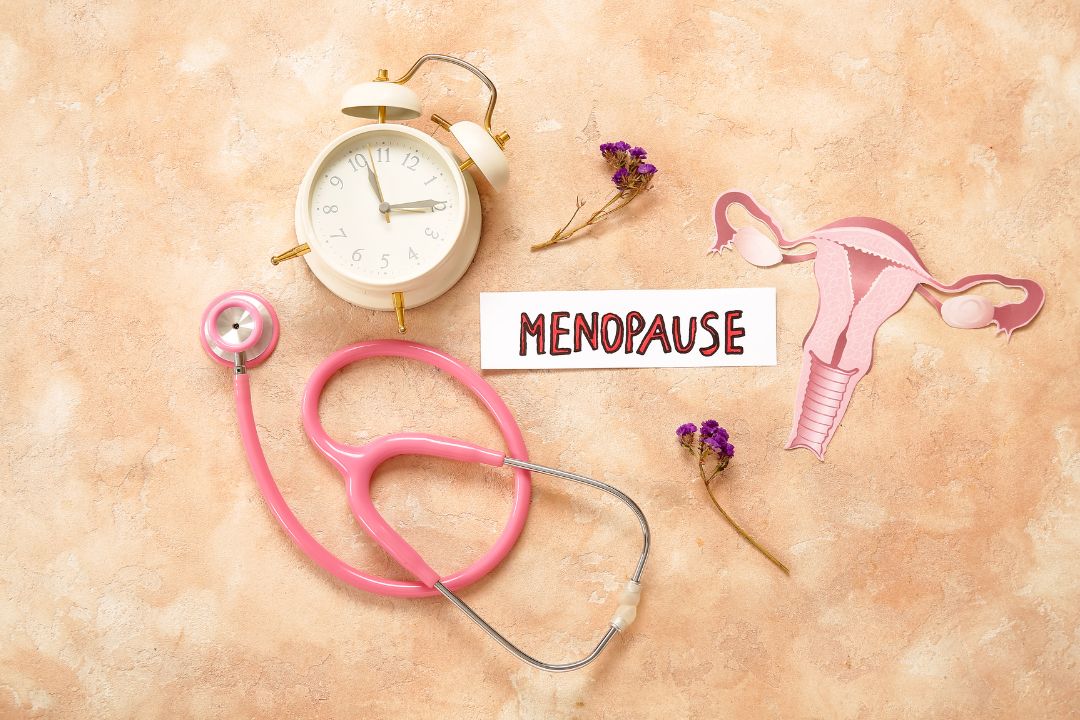Egg Freezing vs. Embryo Freezing: Which Option Is Right for You?
Freezing your eggs or embryos lets you take control of your future family planning. Both options help delay pregnancy for personal or medical reasons. Yet they differ in process, success rates, costs, and ethical considerations.
This article explores egg freezing and embryo freezing in depth. You will know how each method works, their advantages and drawbacks, cost estimates in India, and factors to consider when choosing the right path for your needs.
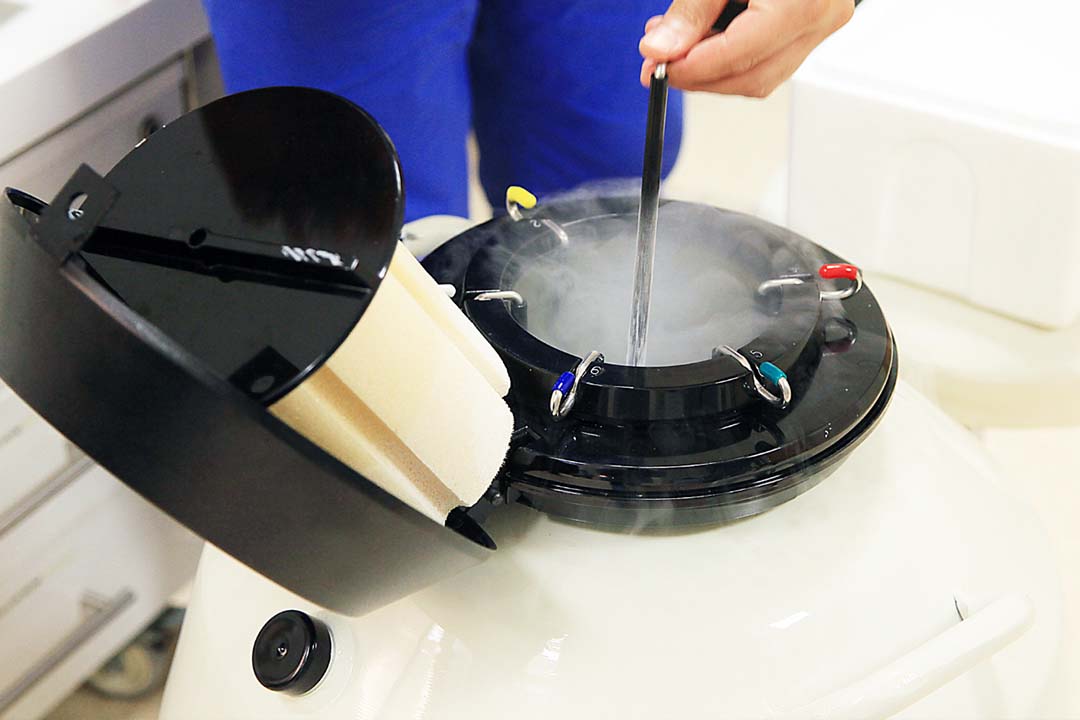
Why Consider Fertility Preservation?
Modern fertility treatments give women and couples new ways to plan for children. You might delay pregnancy to focus on career goals, wait for the right partner, or protect fertility before medical treatments like chemotherapy.
For others, past fertility challenges motivate them to preserve eggs or embryos while their reproductive health is at its best. Understanding the differences between egg and embryo freezing can help you make an informed choice.
How Egg Freezing Works
Egg Freezing involves the following steps:
Ovarian Stimulation
You begin with daily hormone injections for about 8–10 days. These medications encourage your ovaries to mature multiple eggs at once rather than the single egg released each month.
Monitoring
Your doctor tracks egg development through blood tests and ultrasounds. This ensures retrieval happens when the eggs are mature.
Egg Retrieval
Under mild sedation or conscious anesthesia, your doctor uses transvaginal ultrasound aspiration to collect eggs from your ovaries. The procedure takes roughly 15–20 minutes.
Freezing Method
Slow Freezing: Eggs go into a temperature-controlled chamber. The temperature drops gradually to prevent damage. A low concentration of cryoprotectants protects the eggs from ice crystals.
Vitrification: This rapid-freezing process puts eggs into very low temperatures almost instantly. A higher concentration of cryoprotectants prevents ice formation. Vitrification has become the preferred method because it yields higher survival rates on thawing.
Storage
Your frozen eggs stay in liquid nitrogen tanks at –196 °C until you decide to use them.
Pros of Egg Freezing
- You preserve unfertilized eggs. You don’t require a partner or donor at the time of freezing.
- You can decide later whom to fertilize your eggs with—or whether to use them at all.
- If you choose not to use frozen eggs, disposing of unfertilized eggs generally poses fewer ethical or legal challenges than disposing of embryos.
Cons of Egg Freezing
- Eggs are single cells and more susceptible to damage during freezing and thawing. Survival rates after thaw vary.
- You may need 2–3 stimulation and retrieval cycles to harvest enough eggs for a reasonable chance of future pregnancy.
- Reaching an optimal egg count can increase overall expenses and hormone exposure.
How Embryo Freezing Works
You follow the same hormone injection and monitoring schedule as for egg freezing but it also follows these steps:
Fertilization
Once eggs are retrieved, lab specialists mix them with sperm either from a partner or donor using standard insemination or
ICSI (intracytoplasmic sperm injection). Fertilization takes 16–20 hours.
Embryo Culture
Fertilized eggs develop into embryos over 3–5 days in a controlled incubator environment.
Freezing Method
Most clinics use
vitrification to freeze embryos quickly with high success rates, preserving their structure and viability.
Storage
Embryos also remain in liquid nitrogen storage until you’re ready for transfer.
Pros of Embryo Freezing
- Higher Survival and Implantation Rates: Embryos, made of hundreds of cells, tolerate freezing and thawing better than single eggs. Typical embryo survival rates exceed 90%.
- Reduced Retrieval Cycles: Since you know exactly how many eggs fertilized successfully, you may need fewer stimulation cycles compared to egg-only preservation.
- Stronger Structure: The multi-cell nature of embryos helps them maintain integrity after thawing, improving implantation success.
Cons of Embryo Freezing
- Requires Sperm: You need a sperm source at the time of freezing. Single women or women without a committed partner must choose a donor upfront.
- Shared Decision-Making: If you and your partner freeze embryos, both must agree on future use and dispose of a potential complication if relationships change.
- Ethical and Legal Issues: In some faiths and jurisdictions, embryos have special moral status. Discarding unused embryos can pose difficult decisions.
Comparing Egg and Embryo Freezing
| Feature | Egg Freezing | Embryo Freezing |
|---|
| Requirement | No sperm needed | Sperm (partner or donor) required |
| Procedure | Hormone stimulation + egg retrieval | Hormone stimulation + egg retrieval + fertilization |
| Freezing Method | Slow freezing or vitrification | Vitrification (preferred) |
| Survival Rate on Thaw | ~85–90% | ~90–95% |
| Pregnancy Success per Cycle | 20–30% (varies by age and egg count) | 40–50% (per transfer, varies by age) |
| Number of Retrieval Cycles | Often 2–3 for optimal egg count | Often 1–2 for good embryo numbers |
| Ethical Considerations | Lower (unfertilized eggs) | Higher (embryos regarded as potential life) |
| Decision at Freezing | Choice delayed until fertilization | Sperm/donor decision made immediately |
| Cost per Cycle (INR) | ₹1,50,000–₹2,50,000 | ₹2,00,000–₹3,00,000 (including fertilization) |
| Storage Fees (per year) | ₹10,000–₹15,000 | ₹12,000–₹18,000 |
Note: Costs vary by clinic, city, and individual treatment plans. Always confirm current fees with your chosen facility.
Who Should Choose Egg Freezing?
To better understand the two options and which might be the best one for you, consider the following parameters:
- Single Women can preserve options without needing a sperm source.
- If you haven’t found or decided on a partner, egg freezing lets you delay that choice.
- You gain flexibility to build a career before starting a family.
- If you face treatments that may harm fertility (e.g., chemotherapy), egg freezing safeguards your reproductive potential regardless of partner status.
Who Should Choose Embryo Freezing?
If you feel egg freezing is not for you and want to explore the option of embryo freezing, you can consider the following parameters:
- If you and your partner plan children together , freezing embryos maximizes success rates.
- If you have decided on a sperm donor in advance , embryo freezing locks in both egg and sperm quality.
- Embryo freezing often leads to higher implantation and live birth rates per transfer.
Factors to Consider When Deciding
Some factors play an important role to choose the best option, they are follows:
Age at Freezing
Younger eggs and embryos yield better outcomes. Most clinics recommend freezing before age 35 when egg quality remains high.
Egg Reserve
Your ovarian reserve, measured by AMH levels or antral follicle count, influences how many eggs you can collect in one cycle.
Relationship Status
Consider whether you want to involve a partner or donor now, or delay that choice.
Ethical and Legal Views
Reflect on personal or cultural beliefs about embryos. Discuss legal regulations in your region, especially regarding embryo disposal.
Cost and Budget
Review treatment fees, storage costs, and possible additional cycles. Factor in long-term storage fees if you plan to delay usage for many years.
Clinic Expertise
Choose a clinic with strong success rates in both egg and embryo freezing. Ask about lab techniques, staff experience, and follow-up care.
Preparing for Future Use
When you decide to use your frozen eggs or embryos, you will follow these general steps:
- Thawing: Your eggs or embryos thaw in a controlled environment to maximize survival.
- Fertilization (for eggs): Thawed eggs meet sperm in the lab, often via ICSI to boost fertilization chances.
- Embryo Transfer: One or more embryos transfer to your uterus under ultrasound guidance.
- Pregnancy Test: You take a blood test about two weeks after transfer to confirm pregnancy.
- Follow-Up Care: If pregnancy occurs, your fertility team transitions care back to your obstetrician for prenatal monitoring.
Emotional and Psychological Considerations
Egg or embryo freezing involves emotional investment as well as financial and physical commitment. Common feelings include:
- Knowing you have a "fertility backup" can reduce anxiety.
- Waiting months or years before using eggs or embryos can feel stressful.
- Choices about fertilization, embryo disposal, and future family size carry emotional weight.
- Counseling or support groups can help you process feelings and connect with others on a similar path.
Conclusion
Choosing between egg freezing and embryo freezing is a personal decision based on your current life stage, relationship status, and reproductive goals. Egg freezing offers autonomy and flexibility for single women or those unsure about partners. Embryo freezing provides higher success rates and fewer retrieval cycles for committed couples or those with identified donors.
Both methods have transformed fertility preservation. Advances in vitrification and lab techniques have improved survival and pregnancy rates. However, neither option guarantees a future pregnancy. Success depends on factors such as age, egg reserve, sperm quality, and overall health.
About Us
AKsigen IVF is a premier center for advanced fertility treatments, with renowned fertility experts on our team. Specializing in IVF, ICSI, egg freezing, and other cutting-edge reproductive technologies, AKsigen IVF is committed to helping couples achieve their dream of parenthood. With personalized care and a patient-first approach, AKsigen IVF provides comprehensive fertility solutions under one roof.










